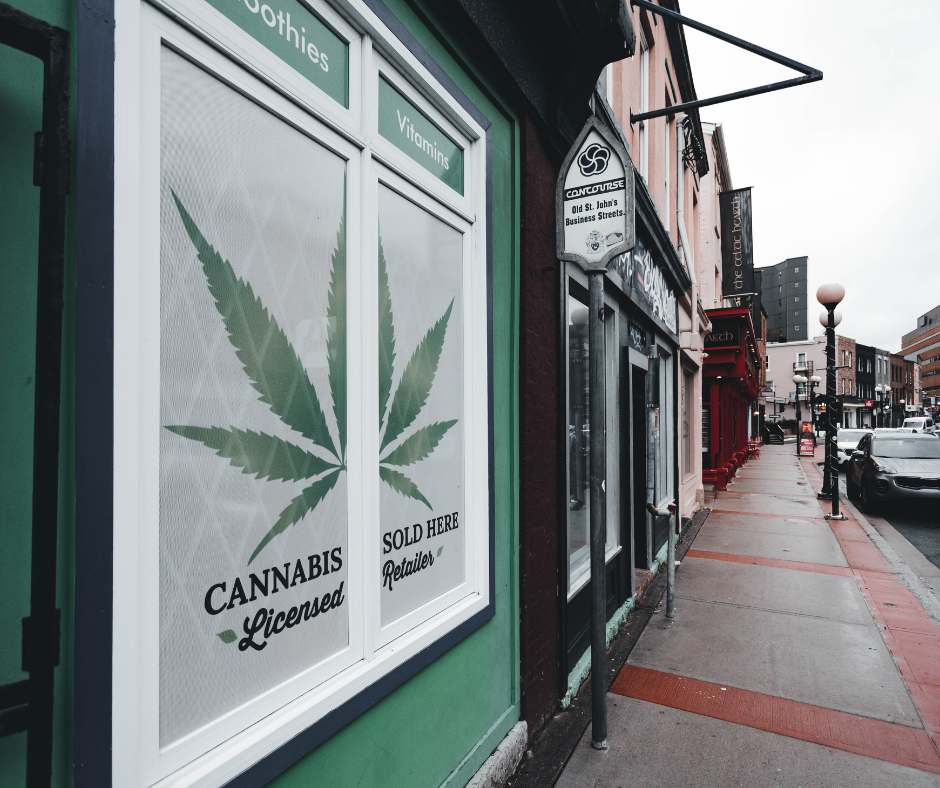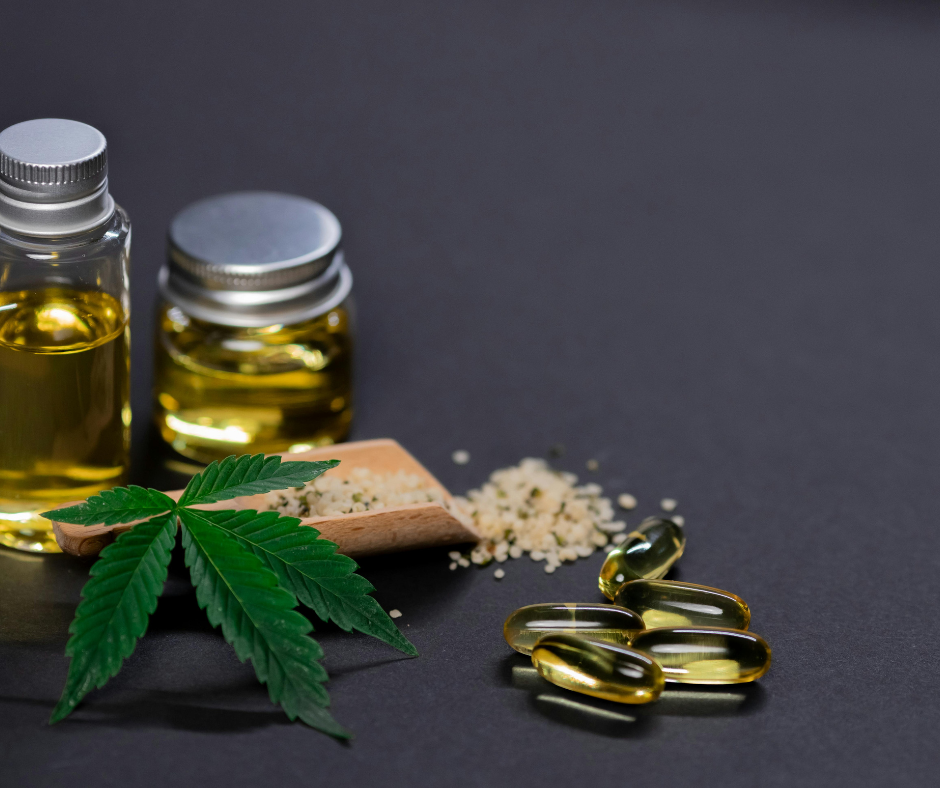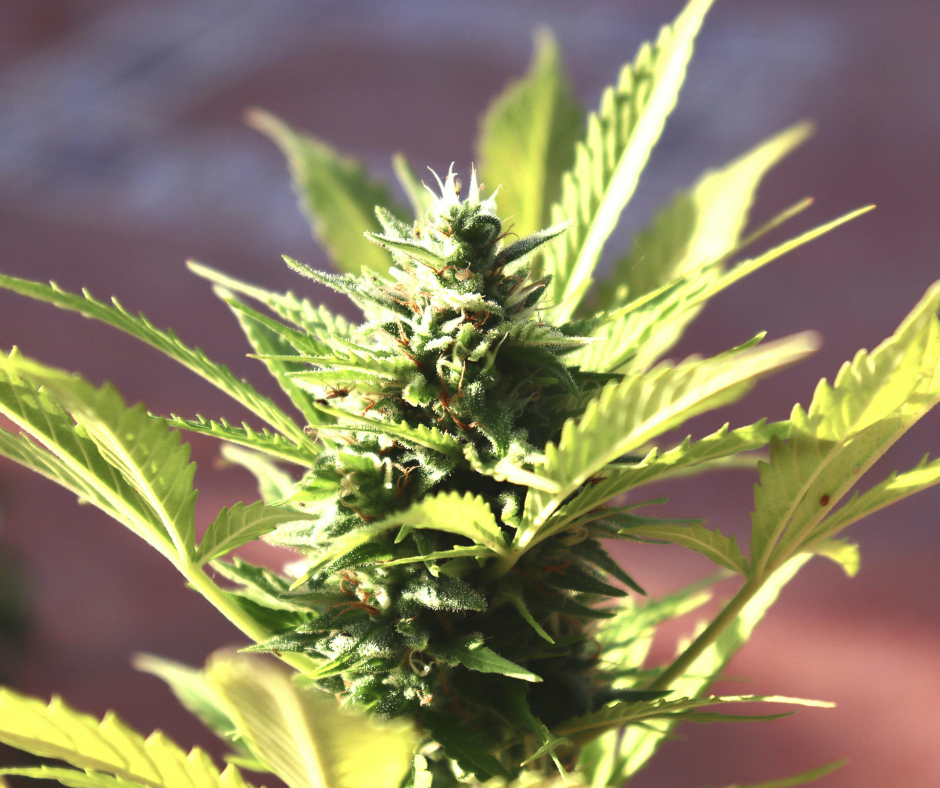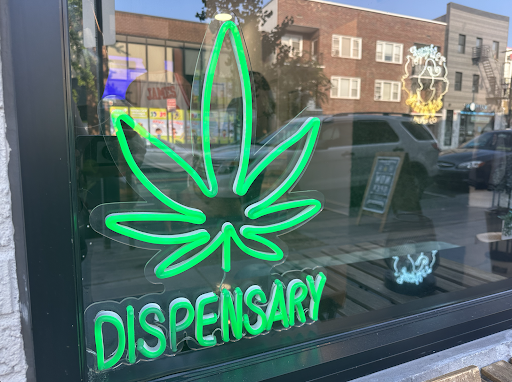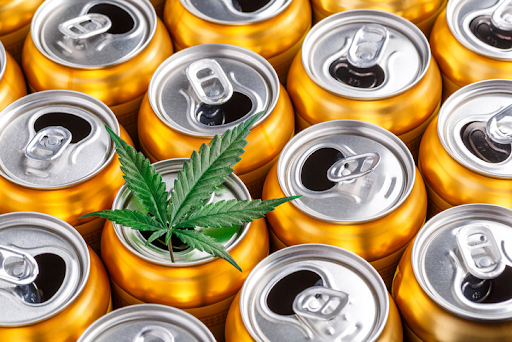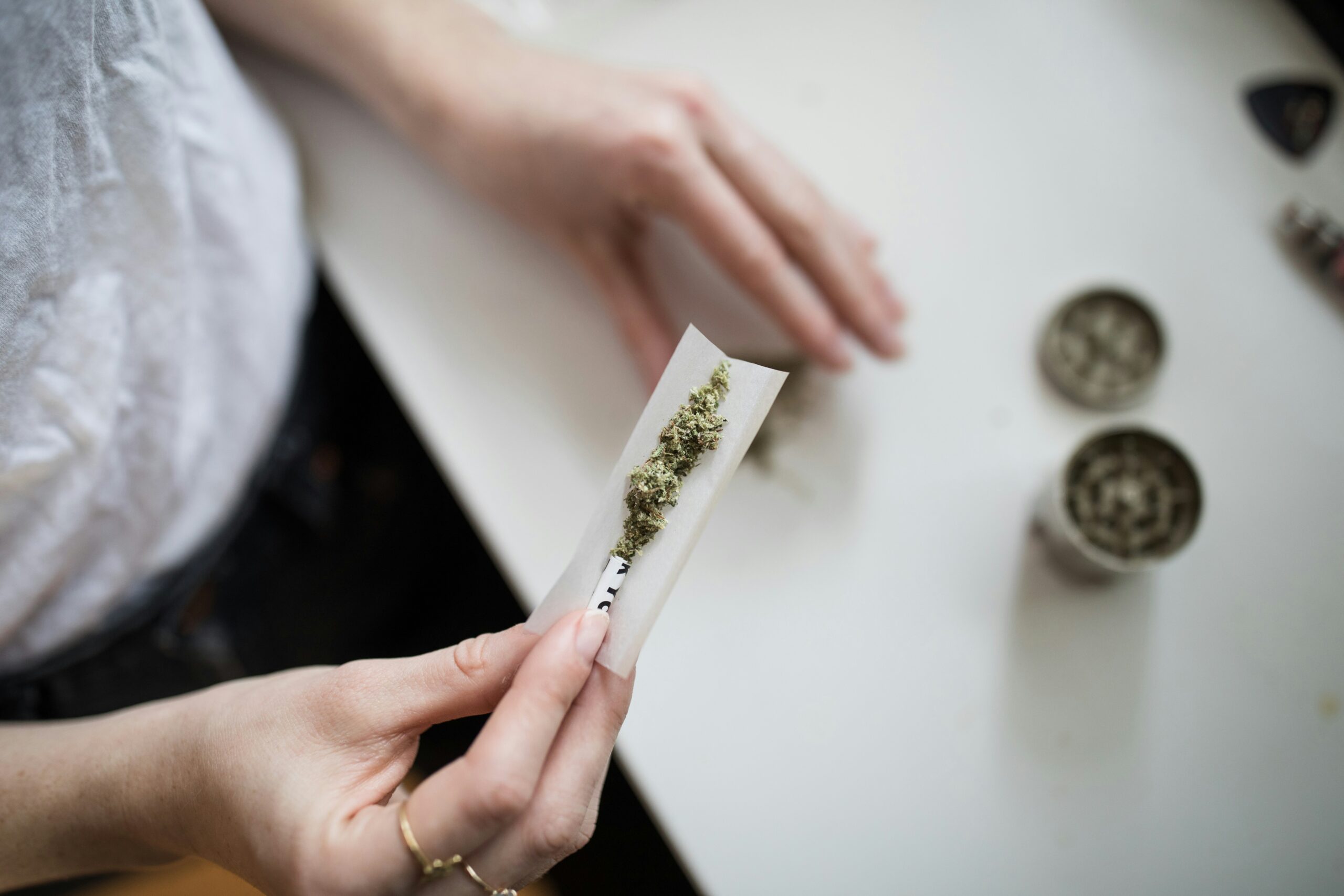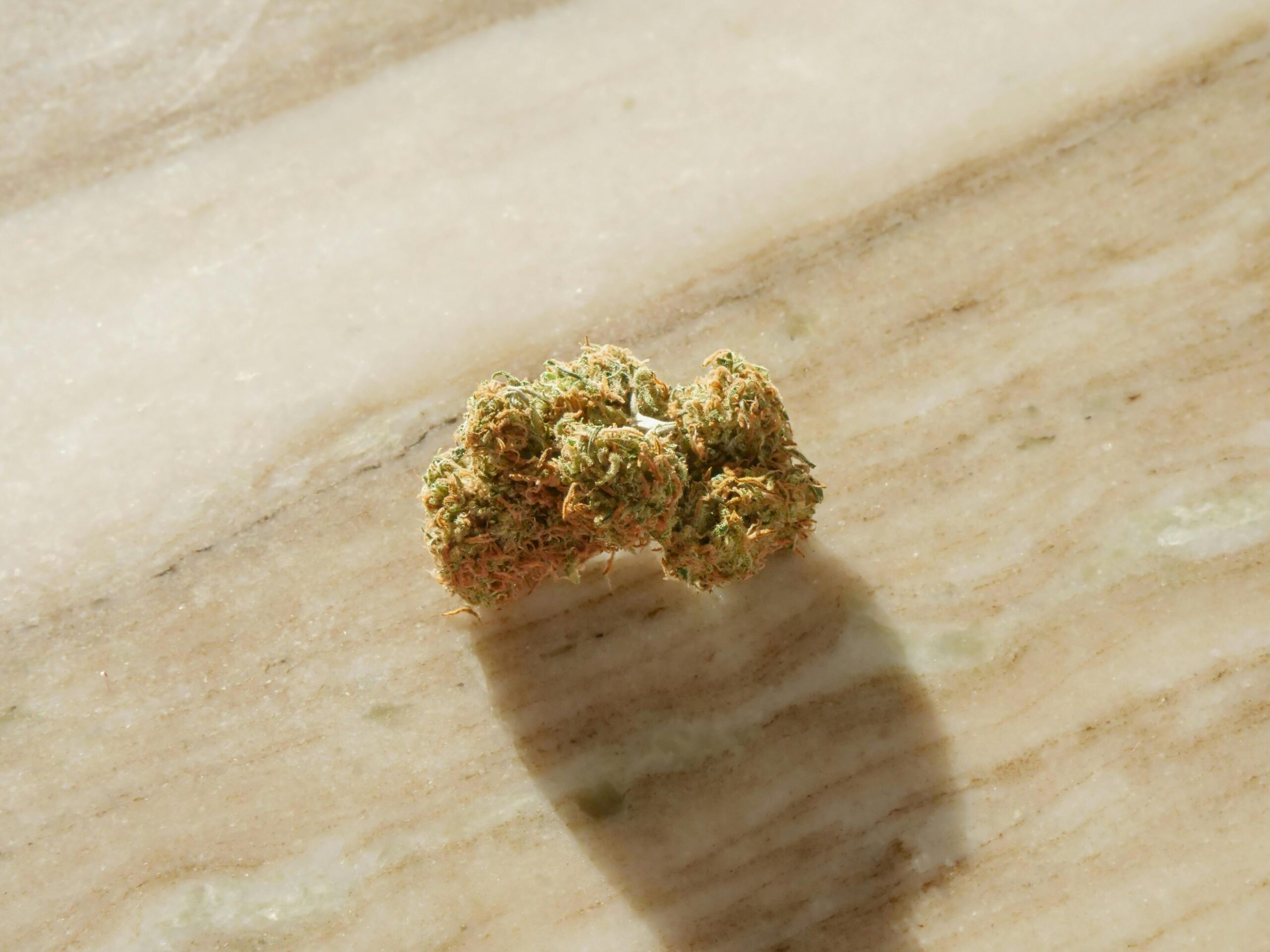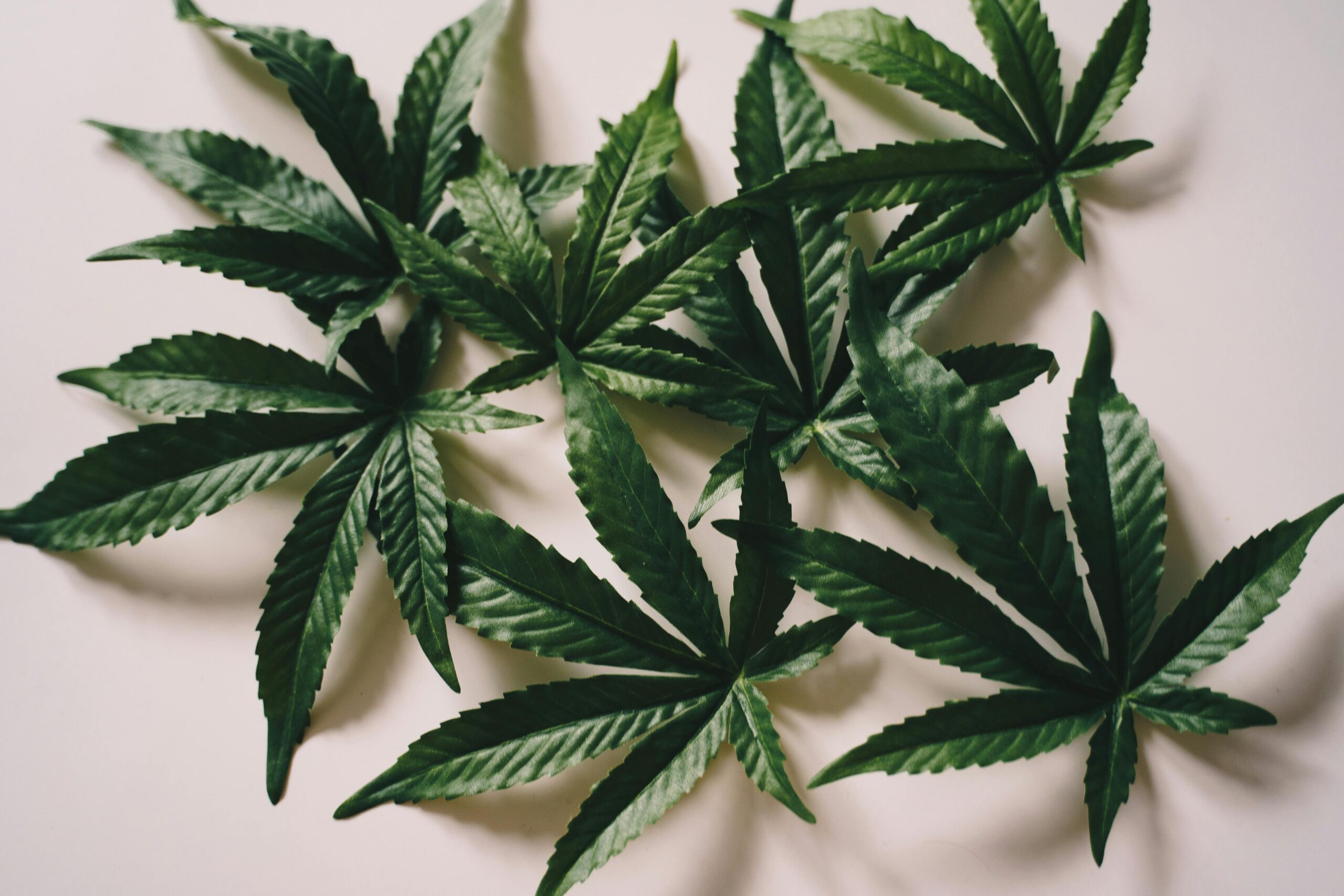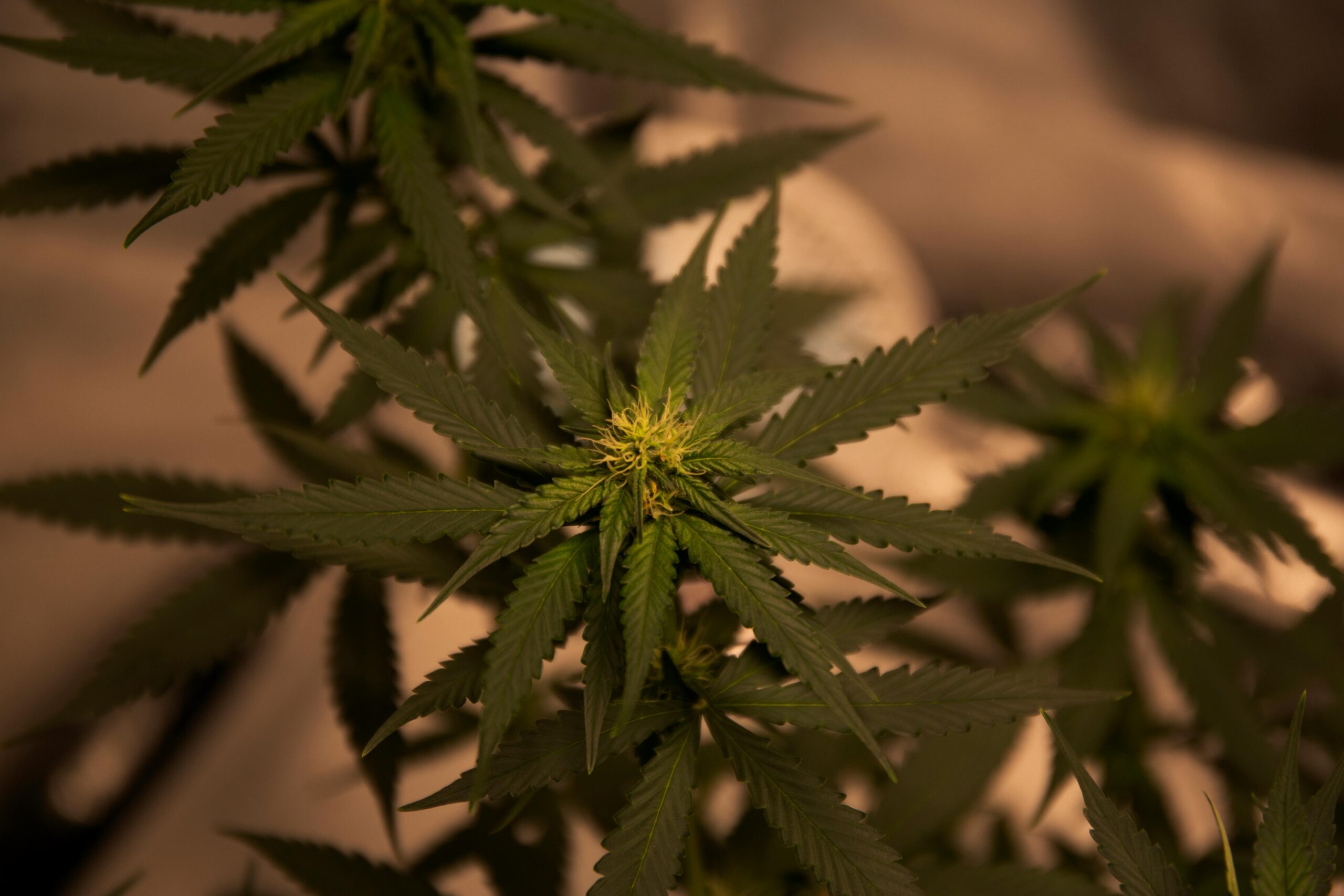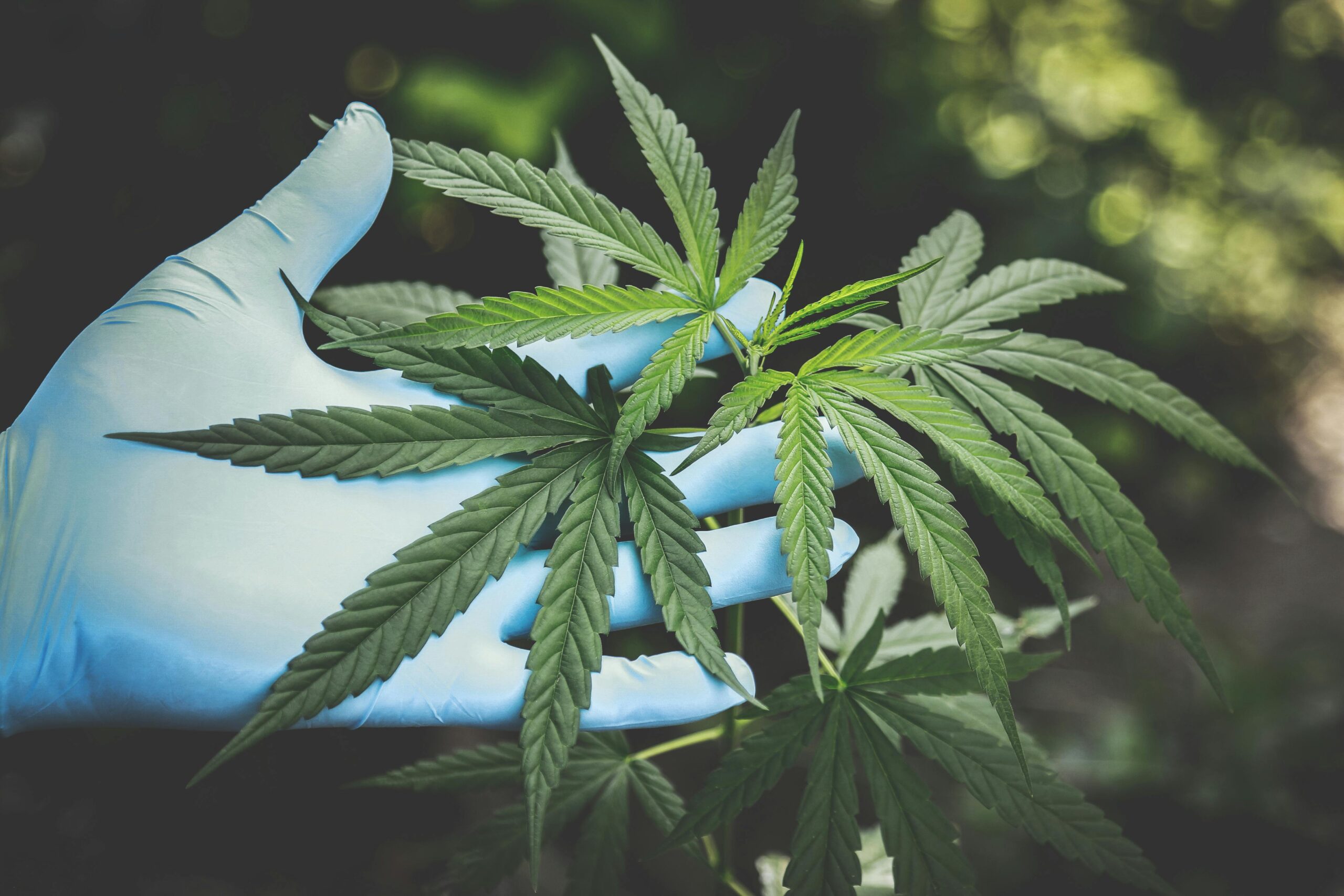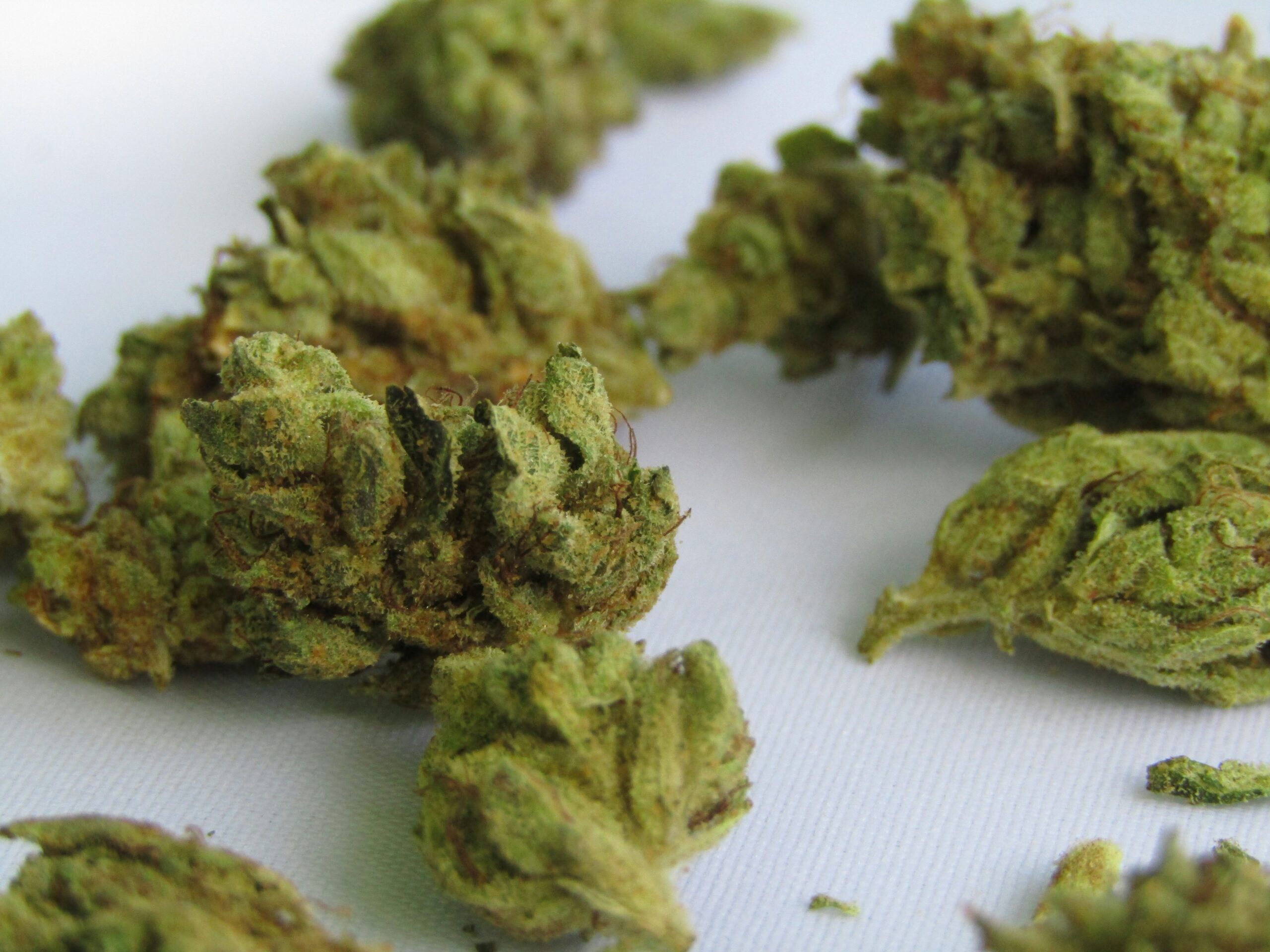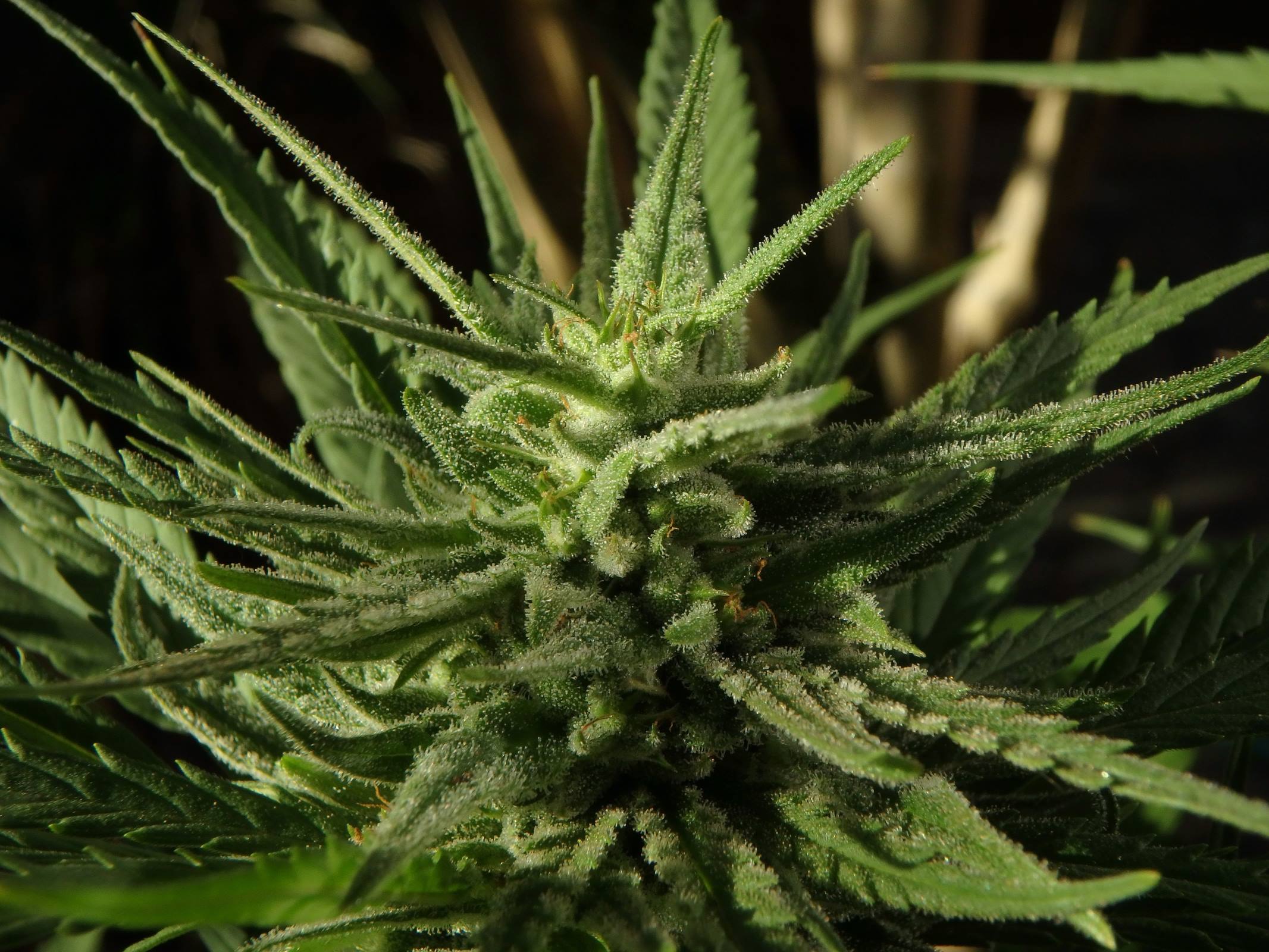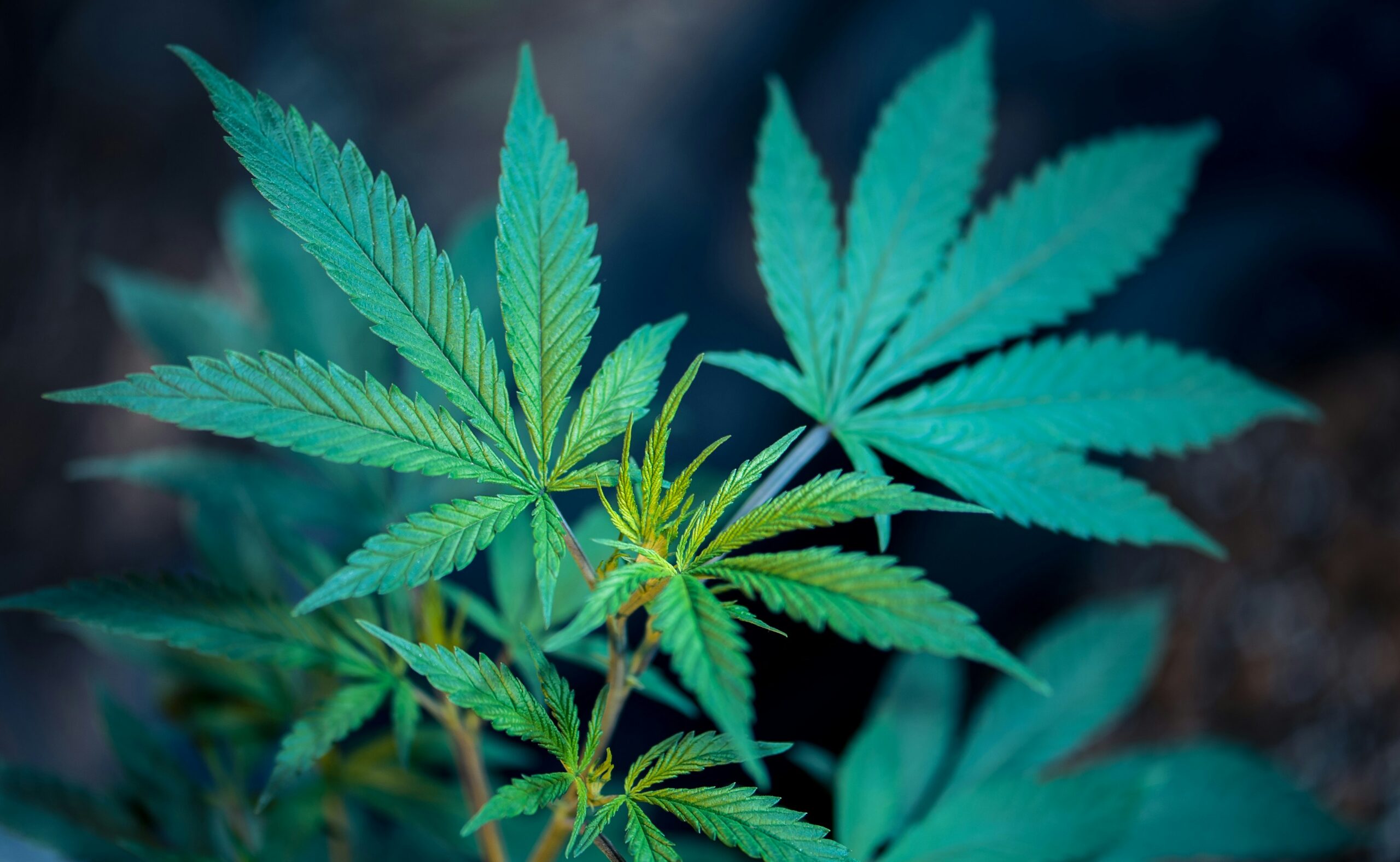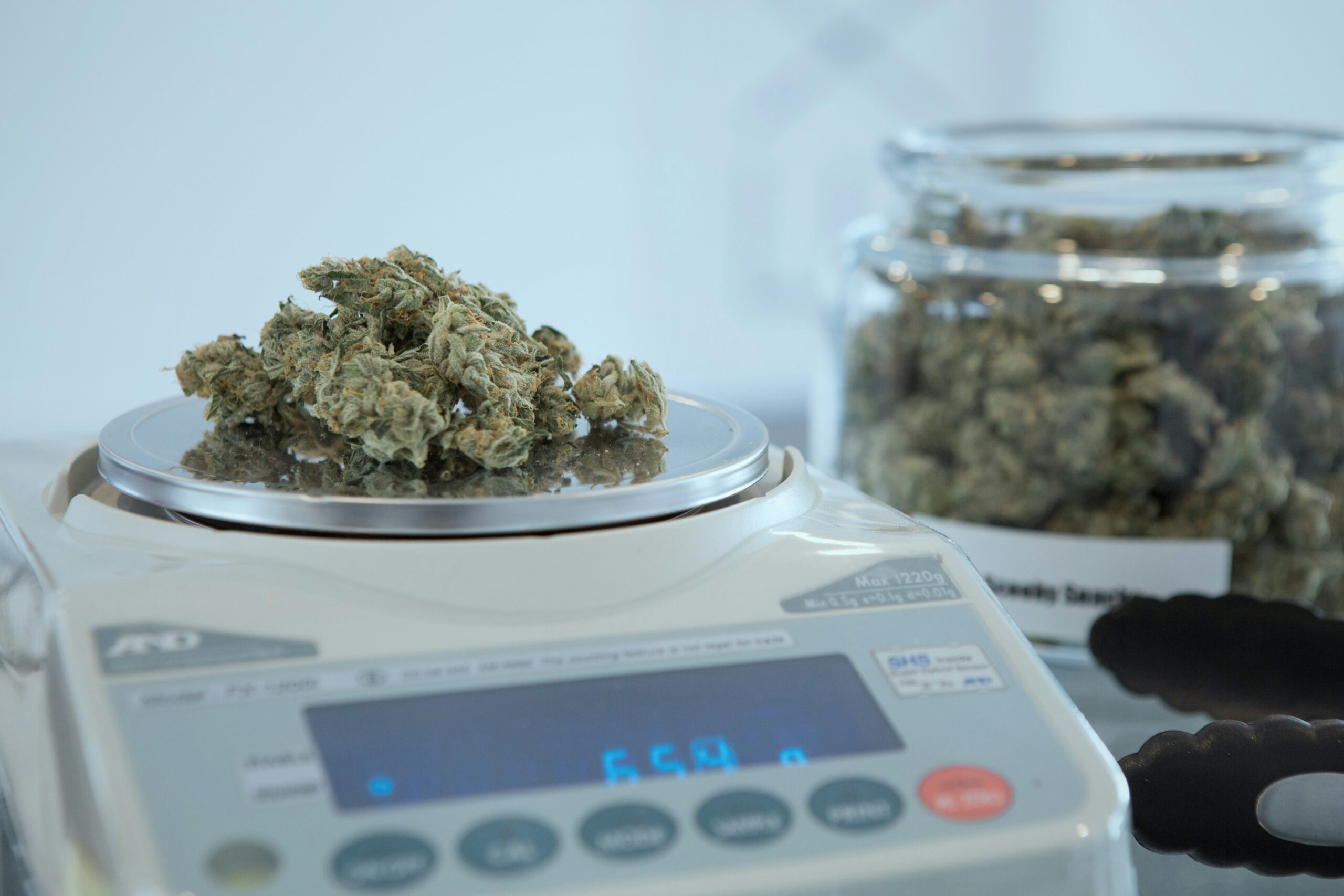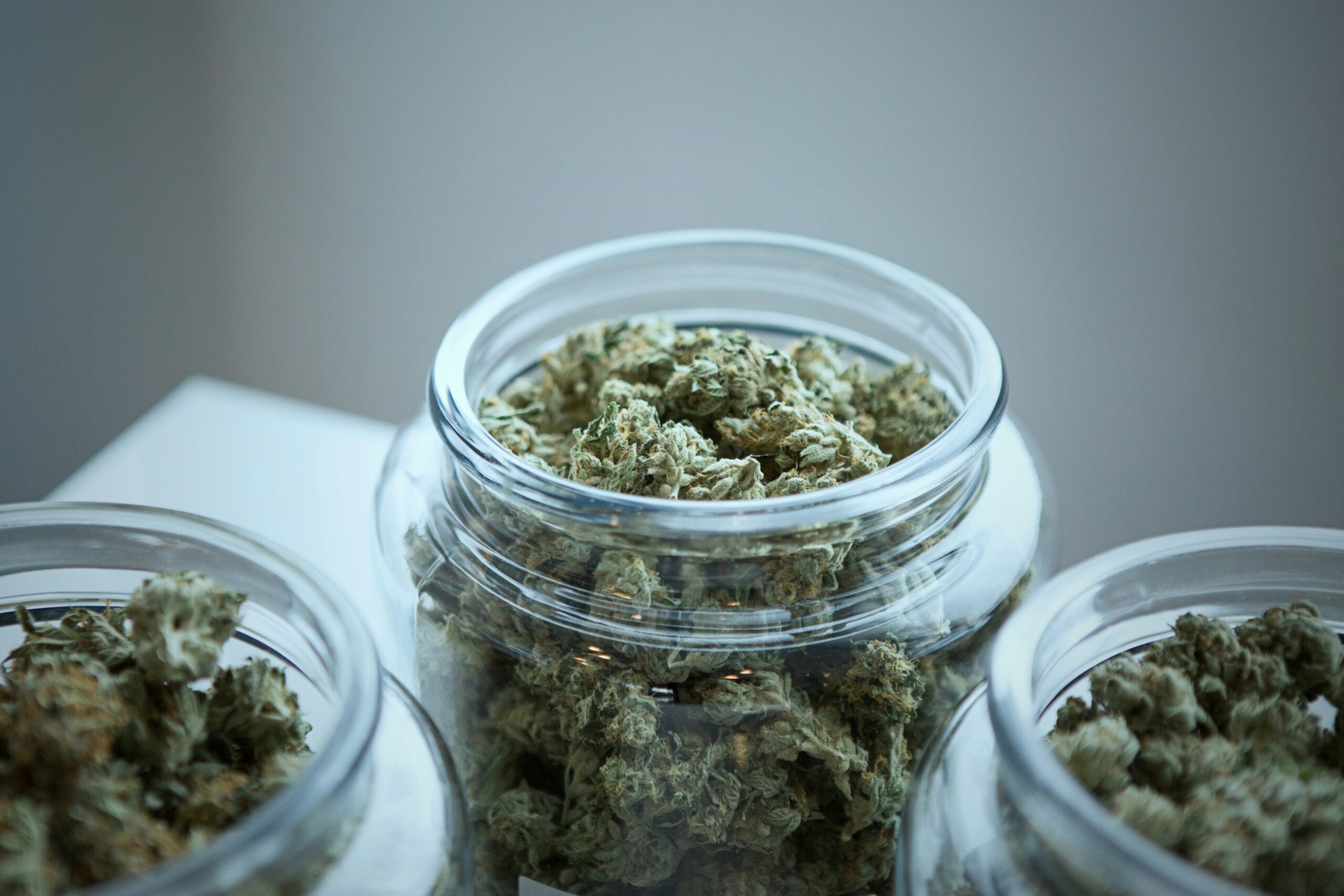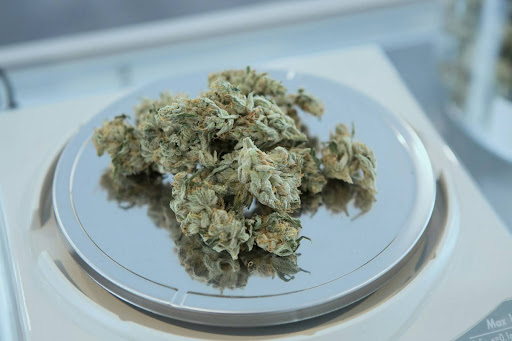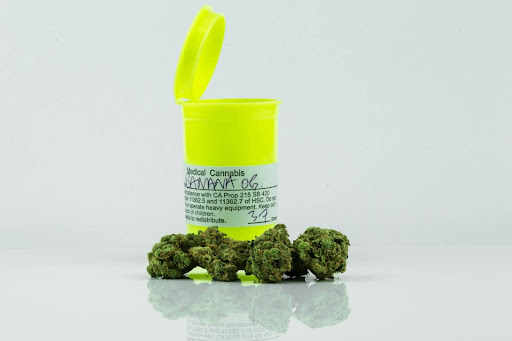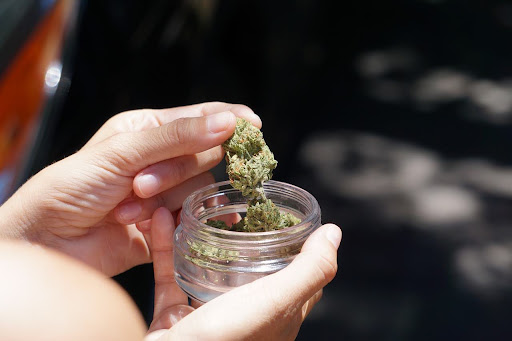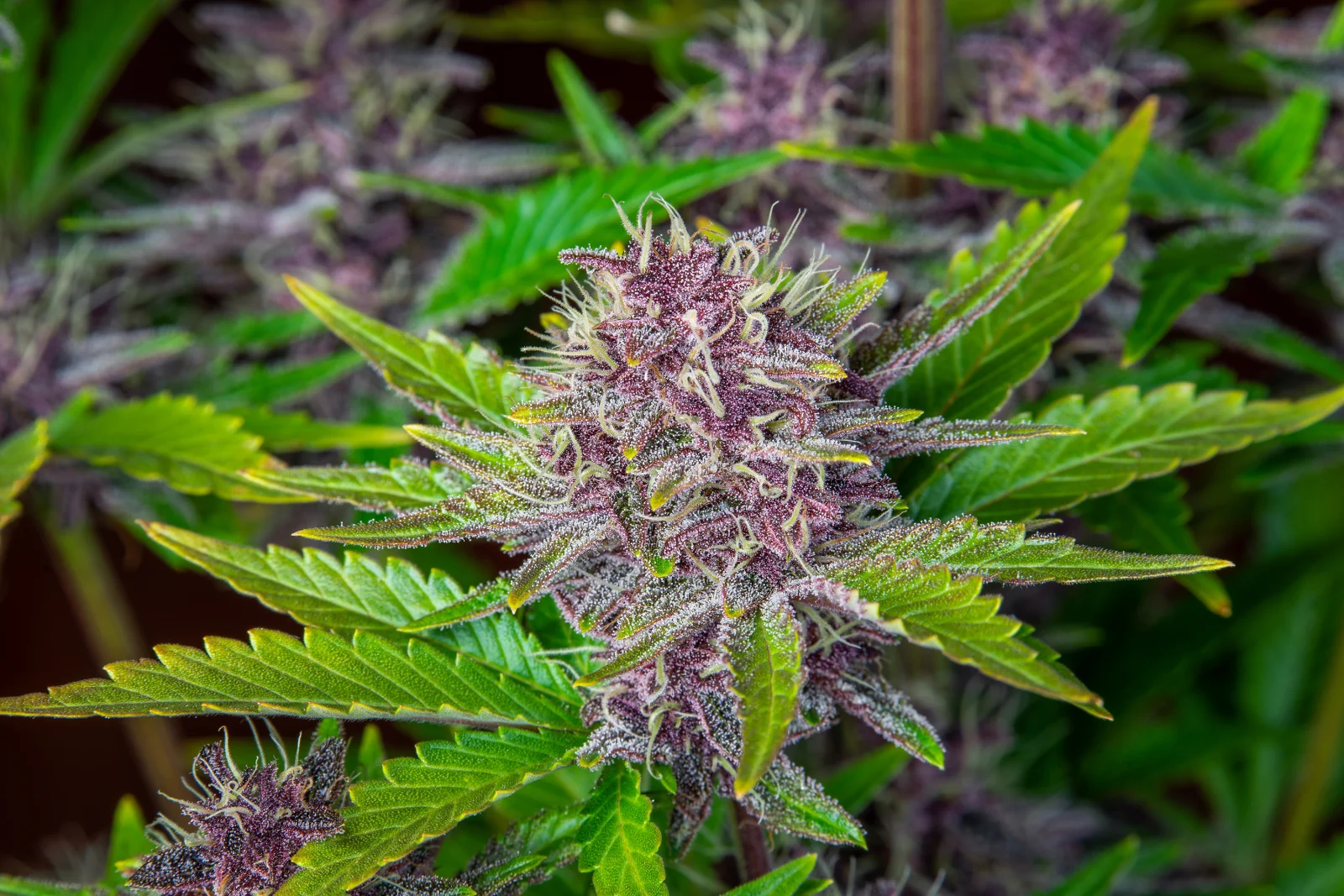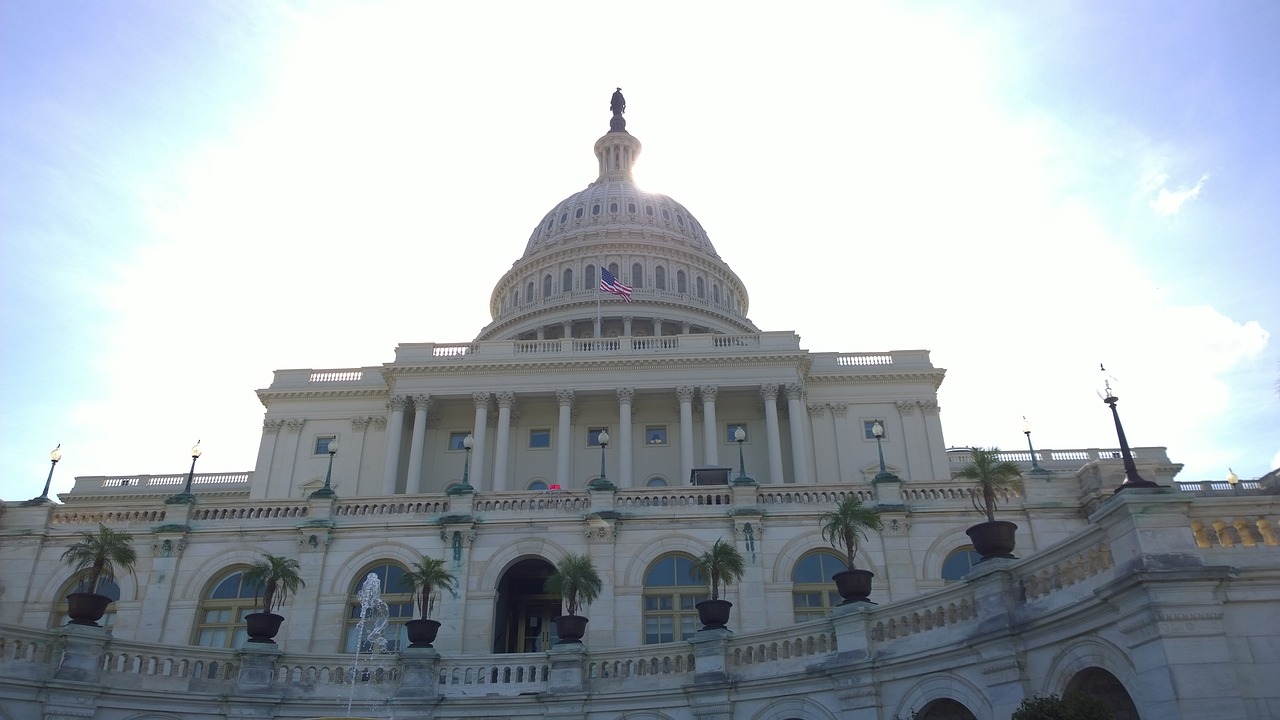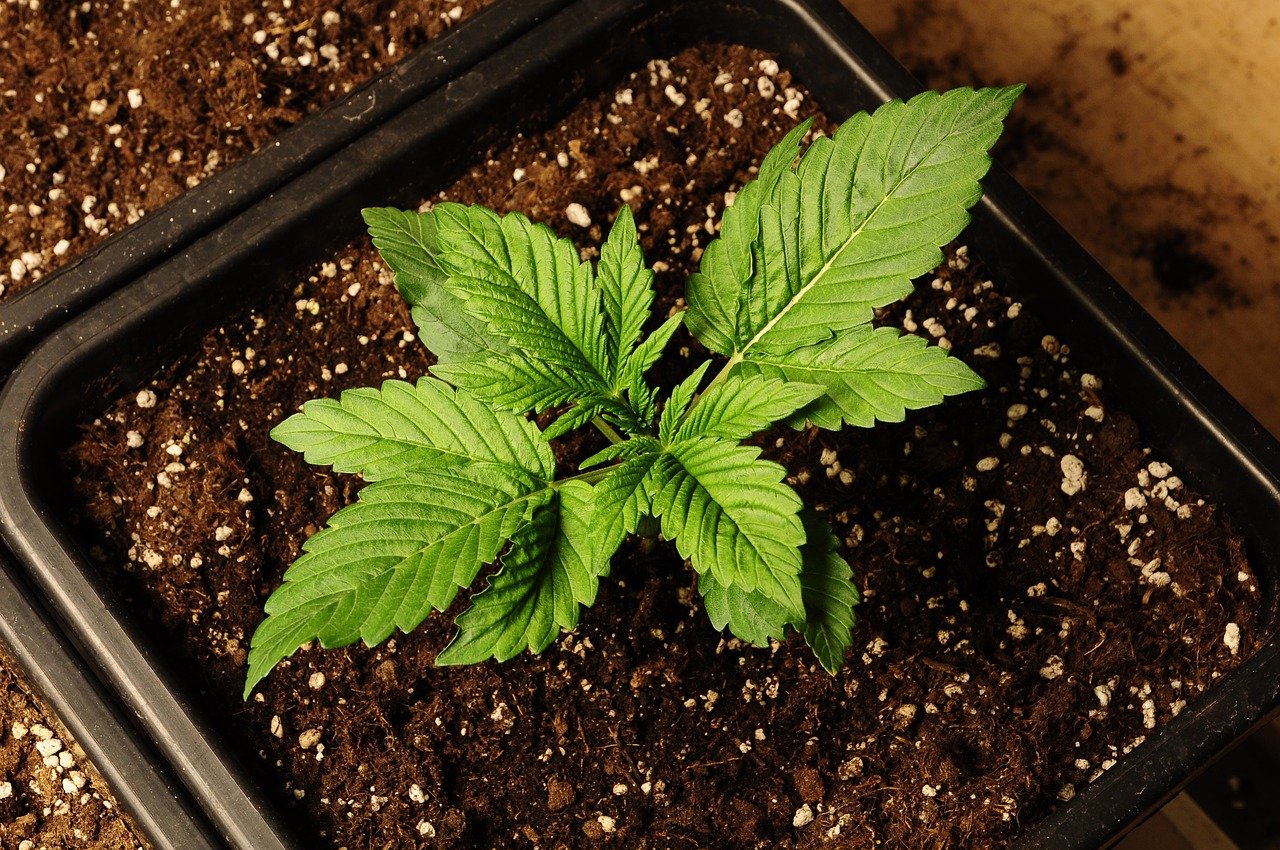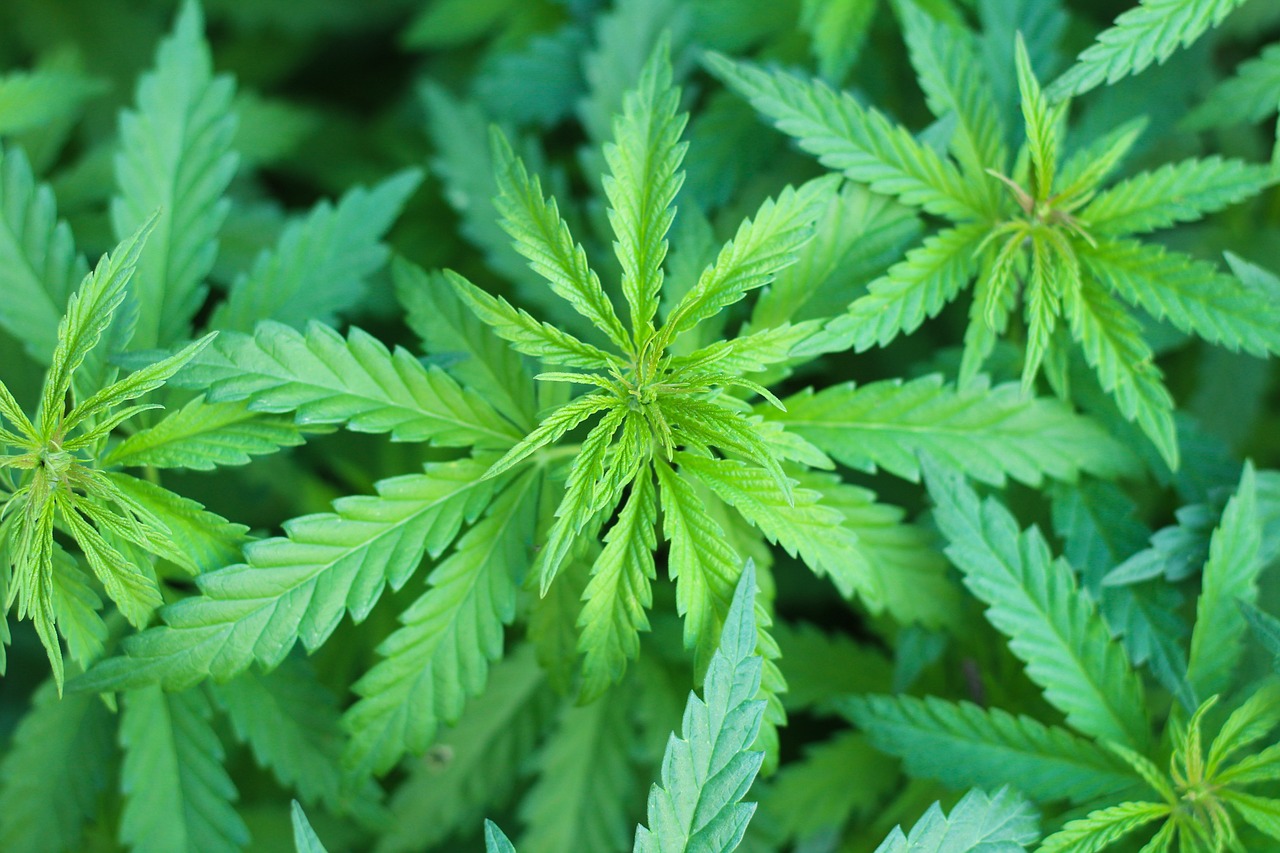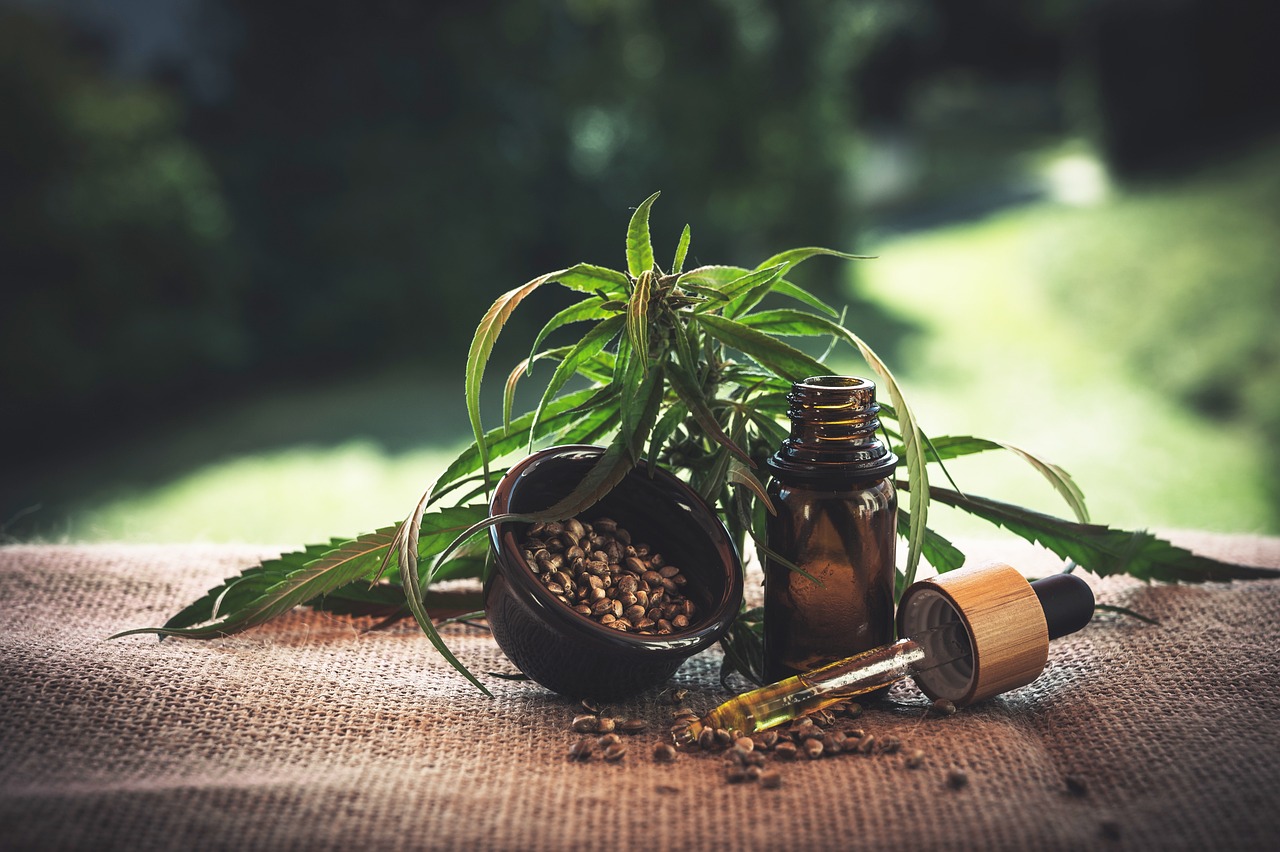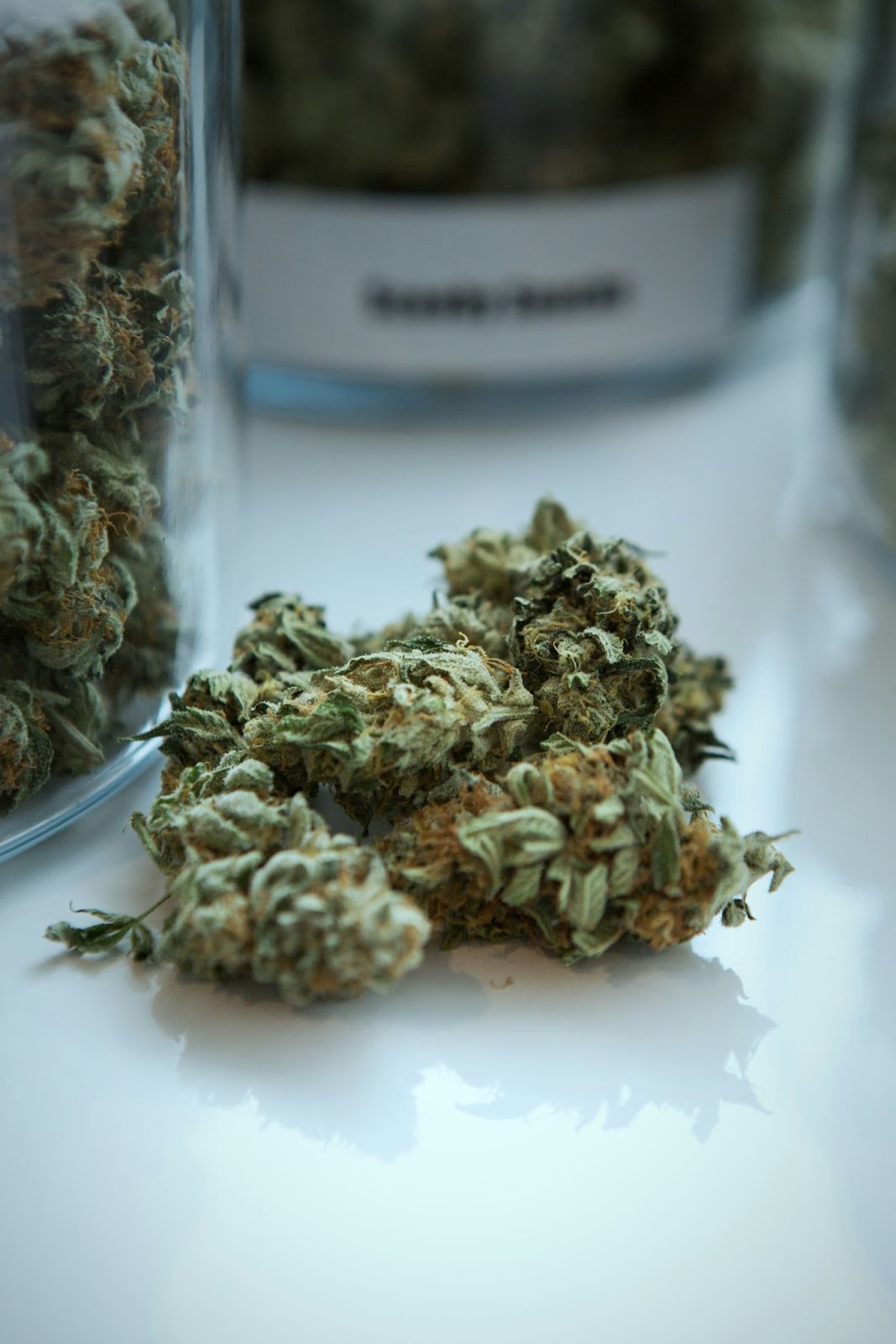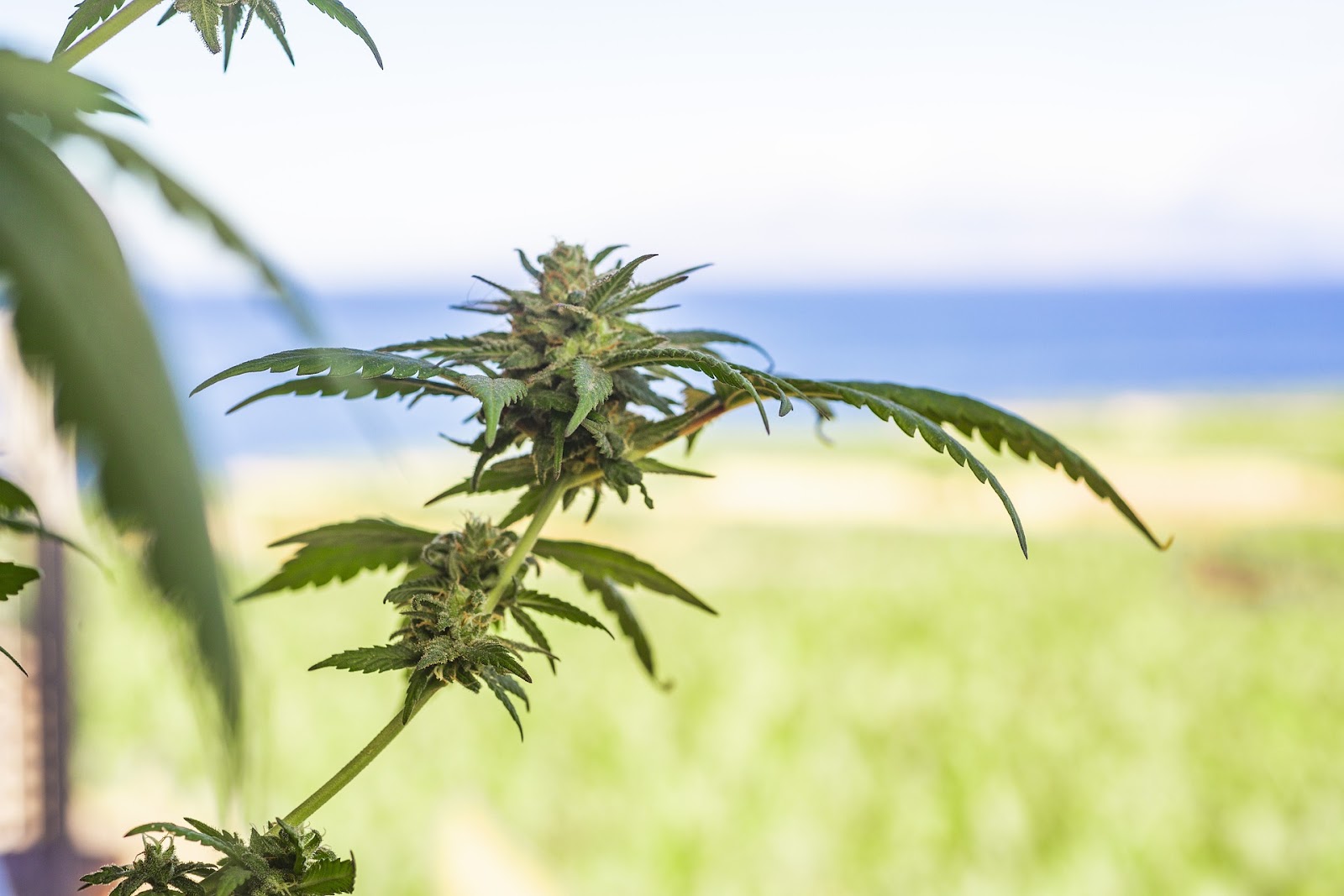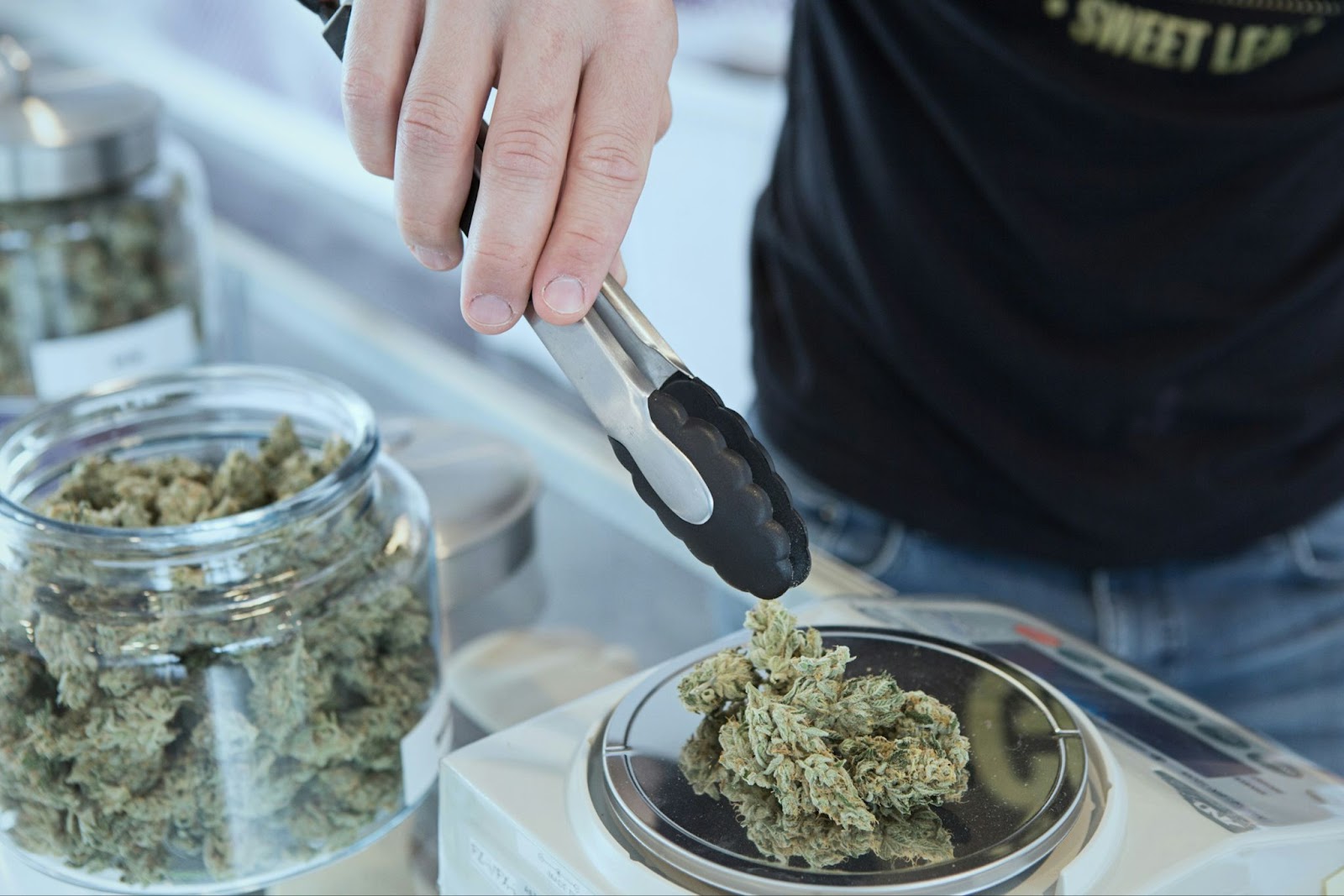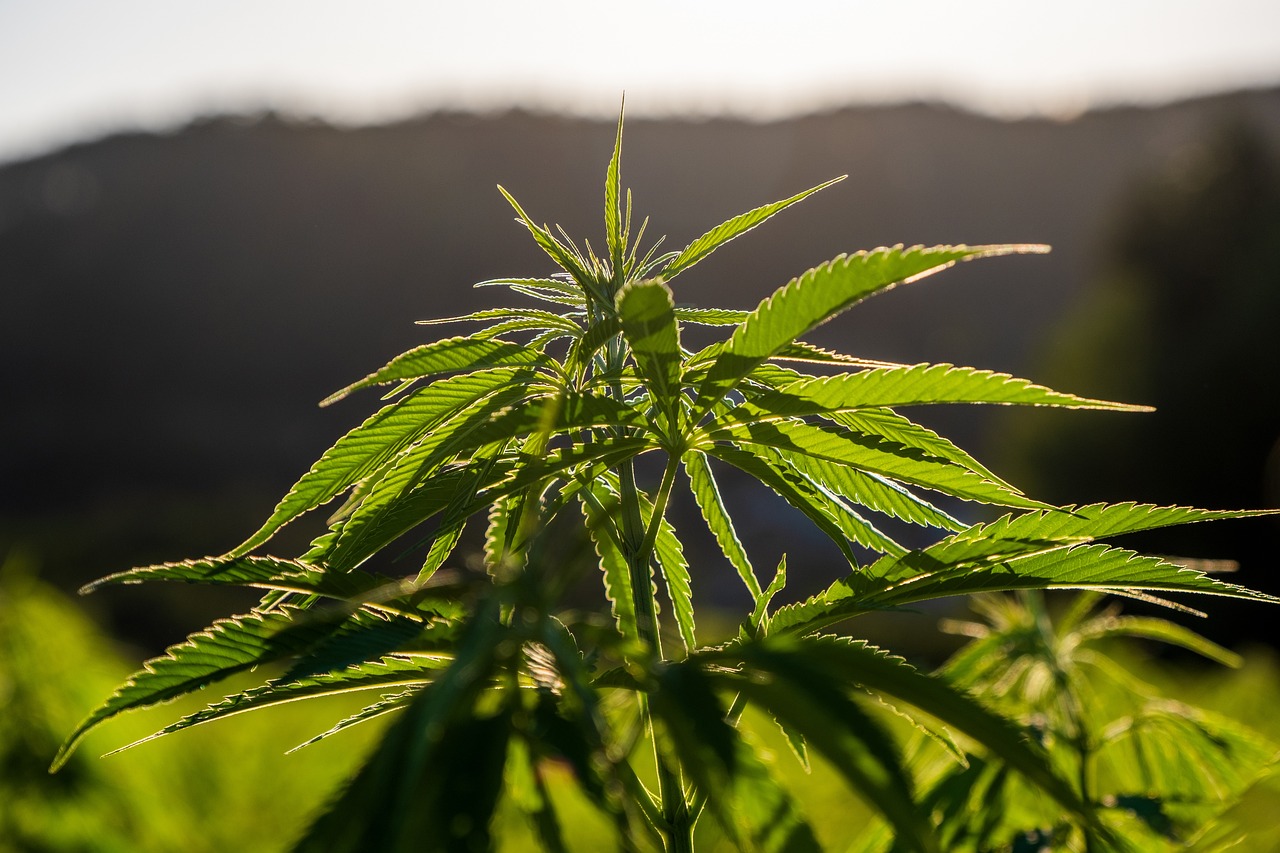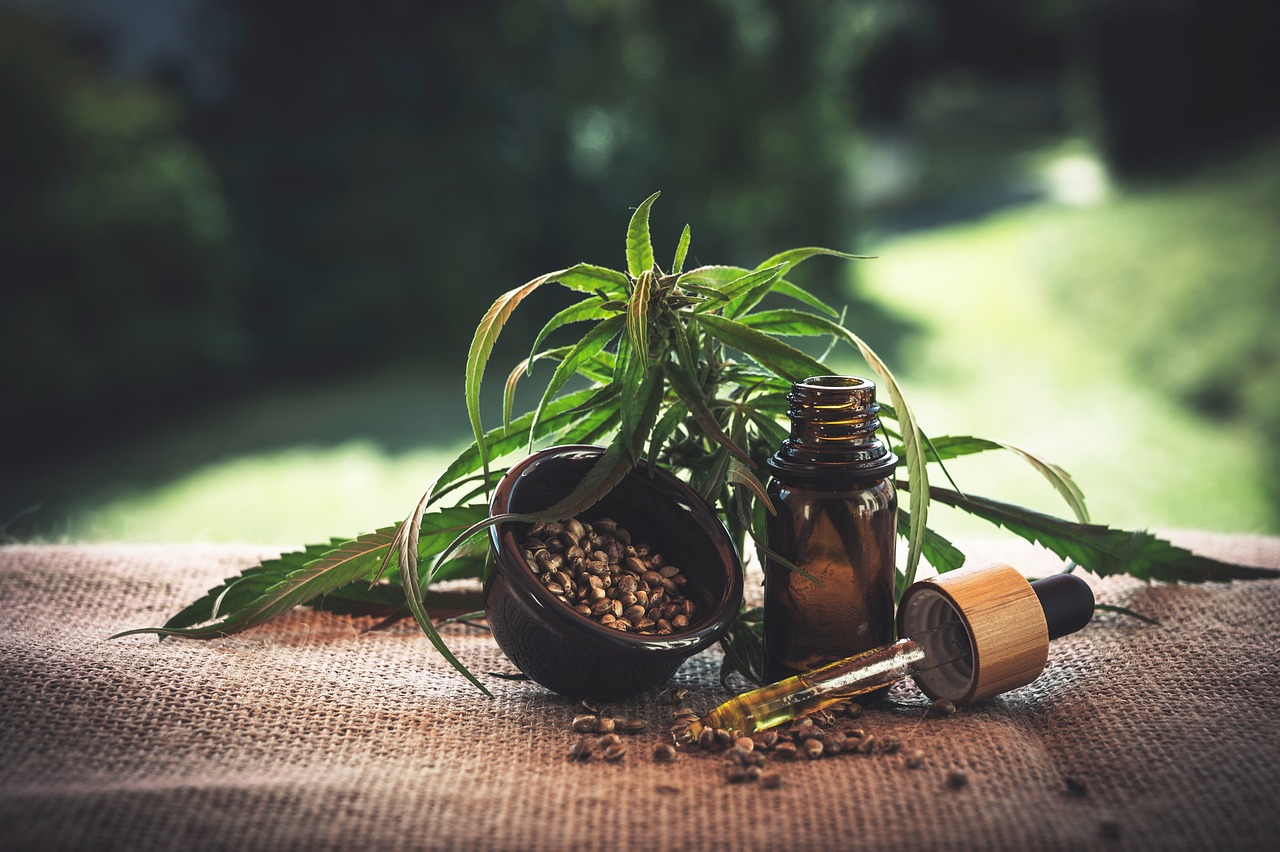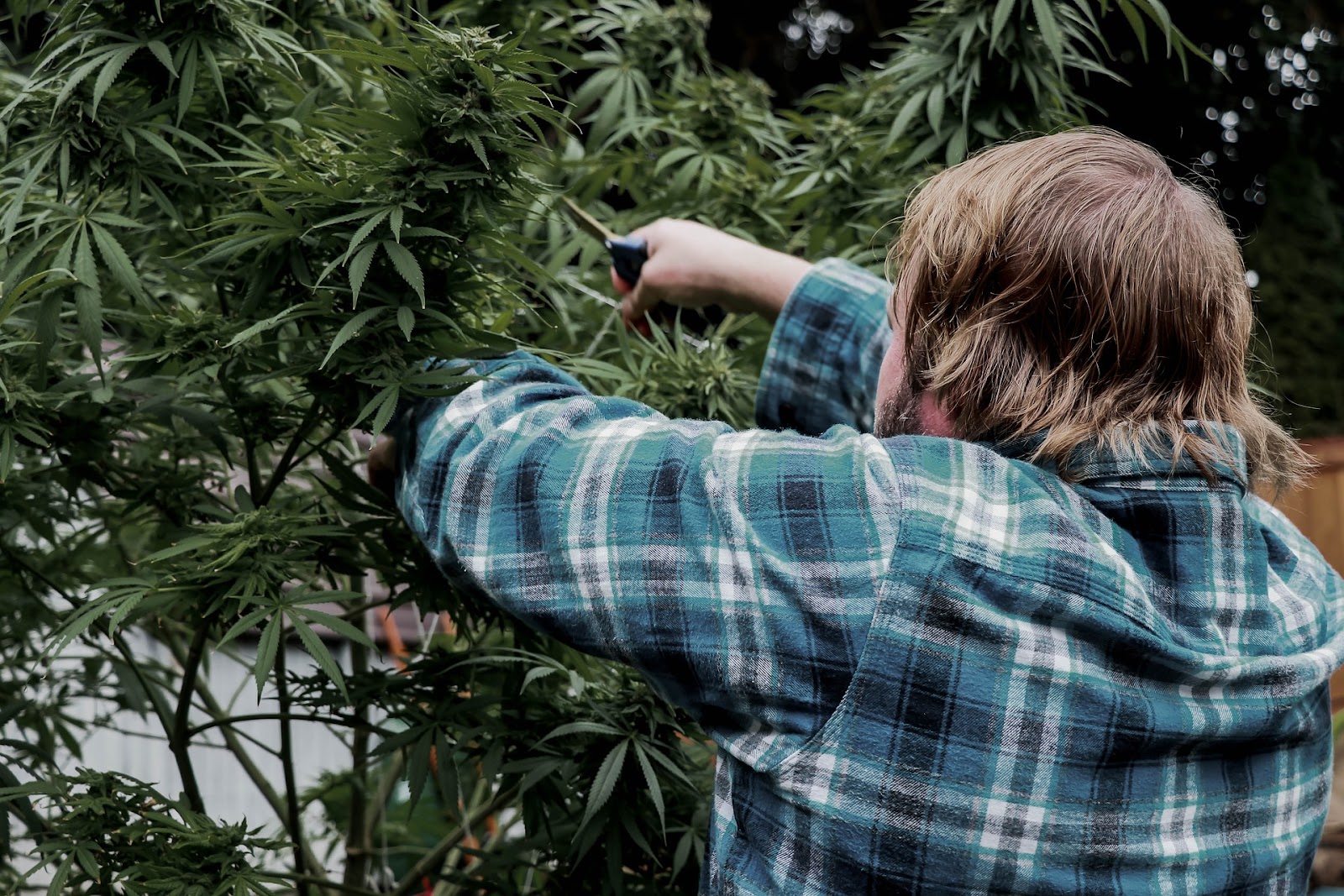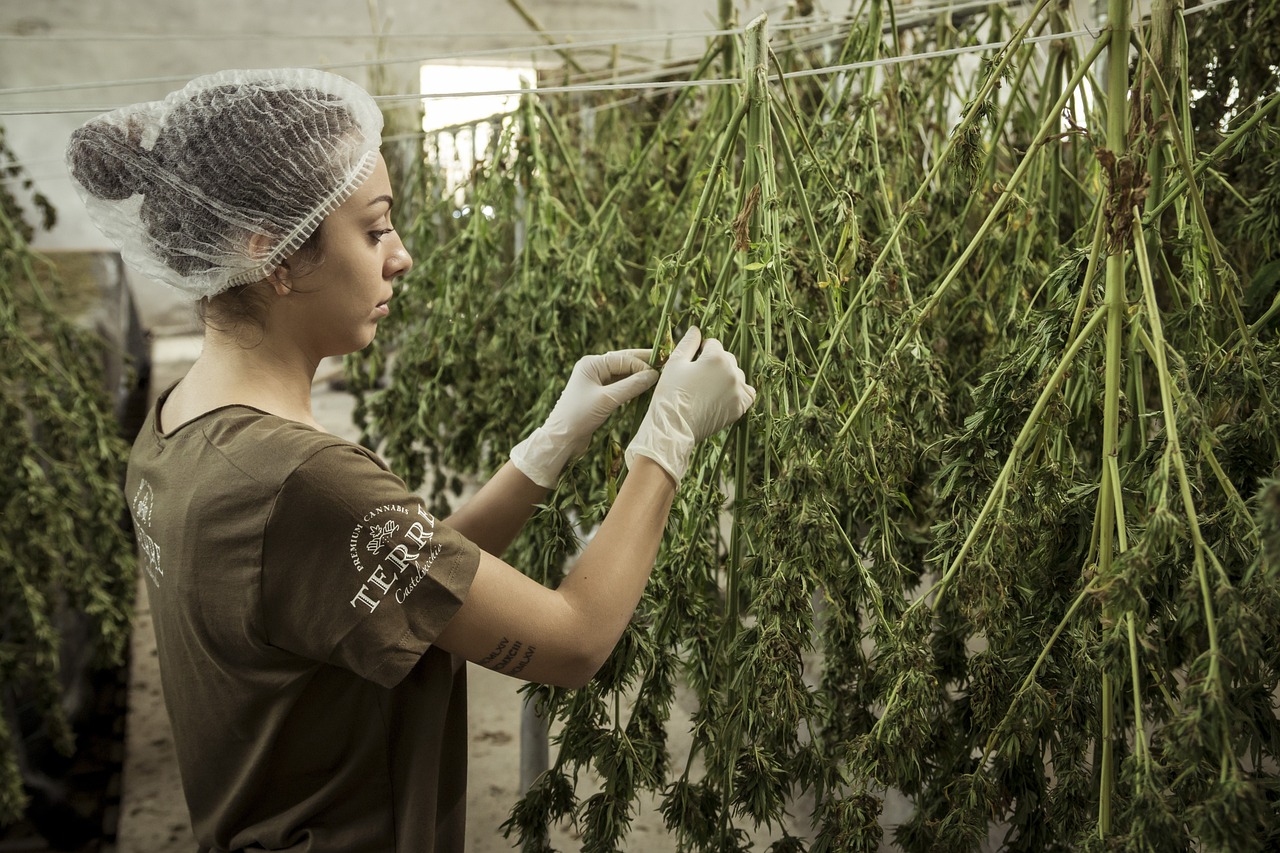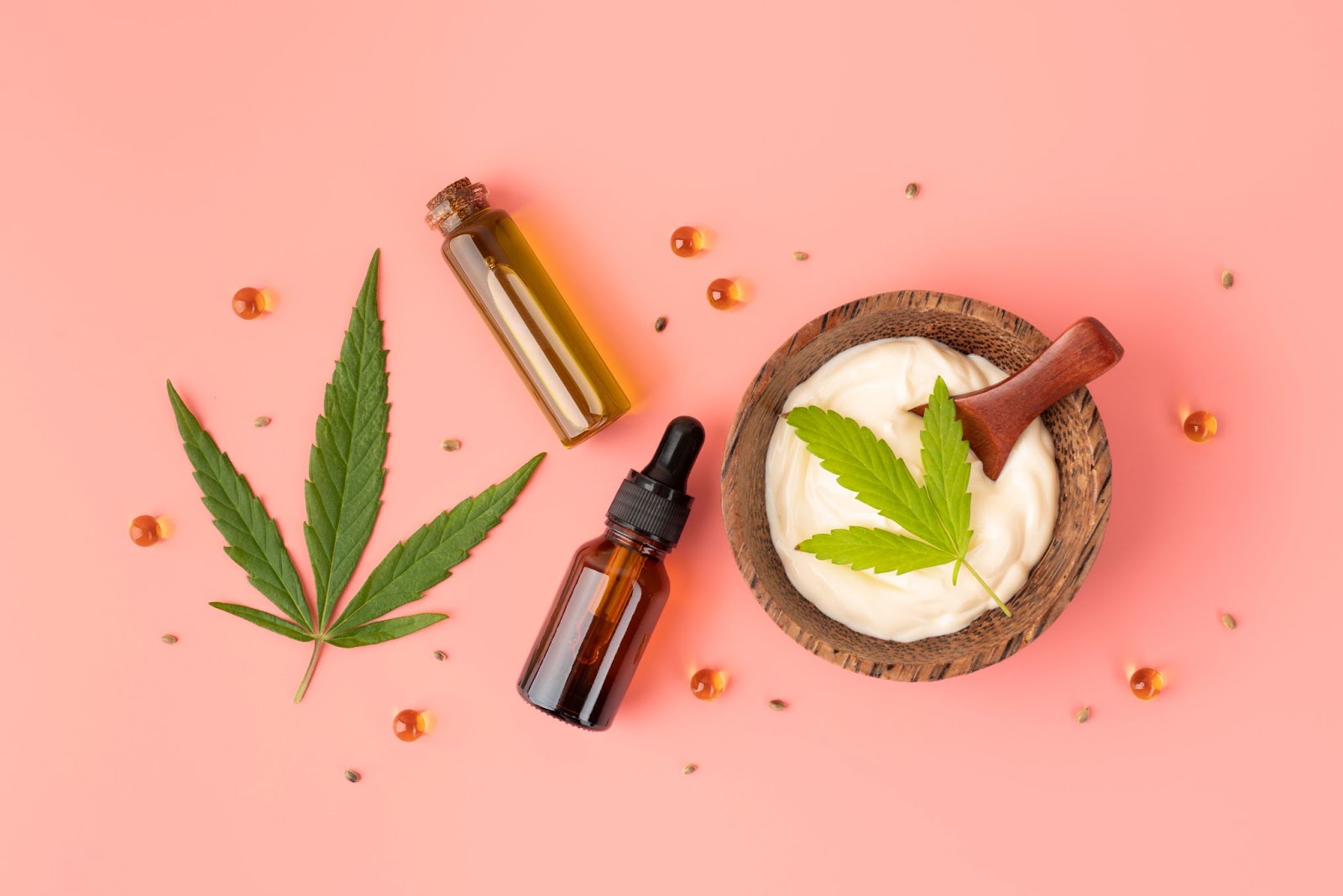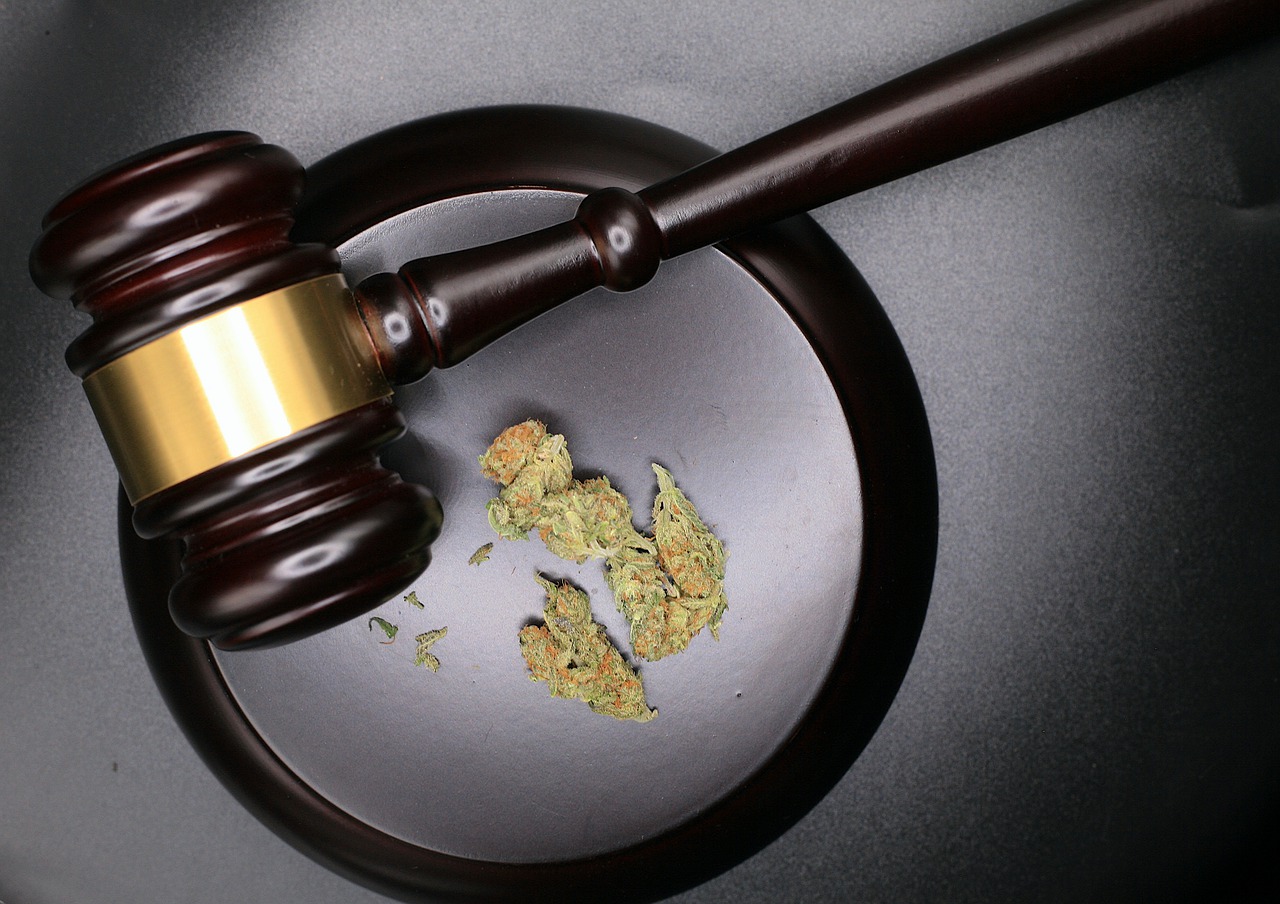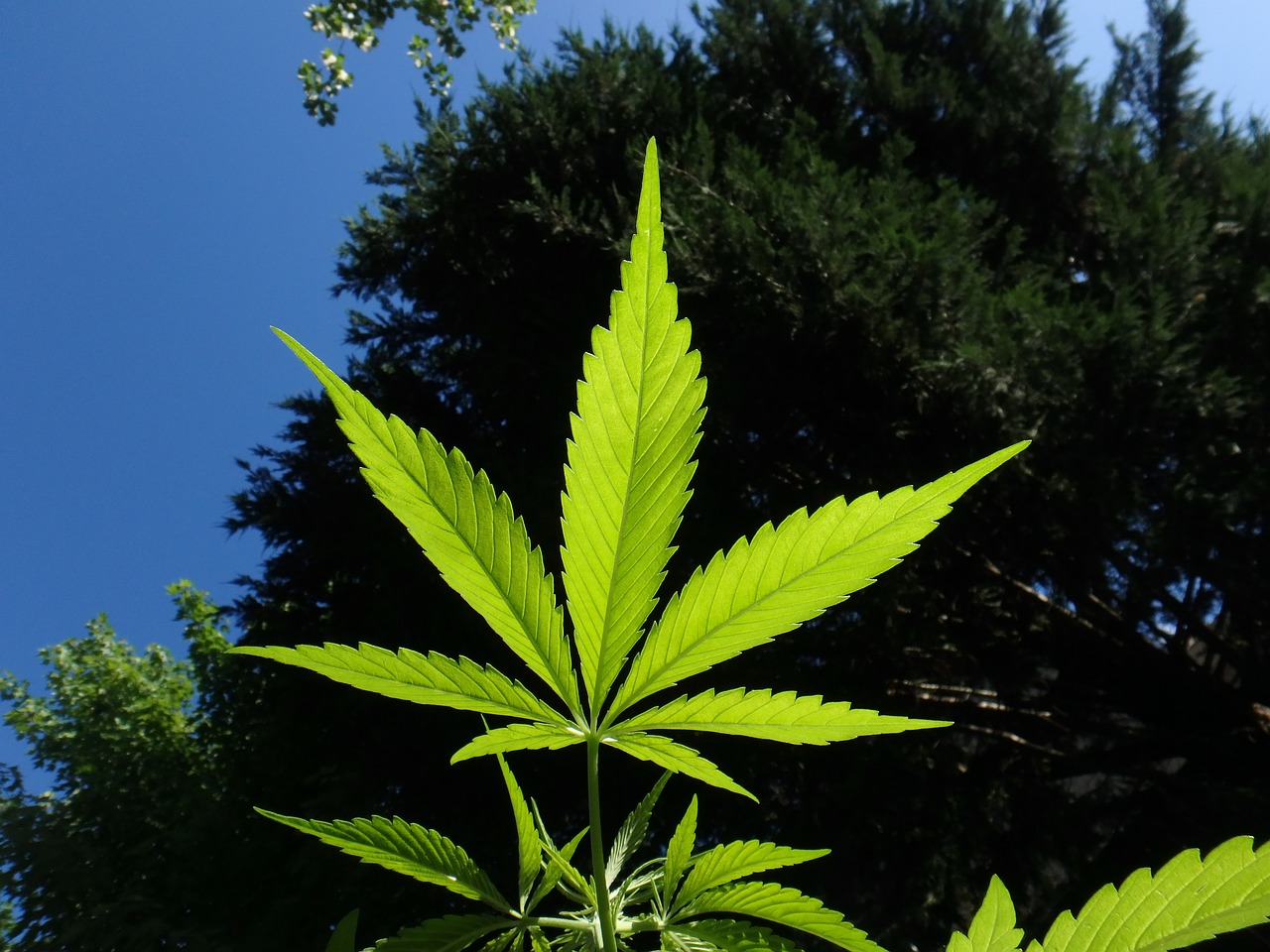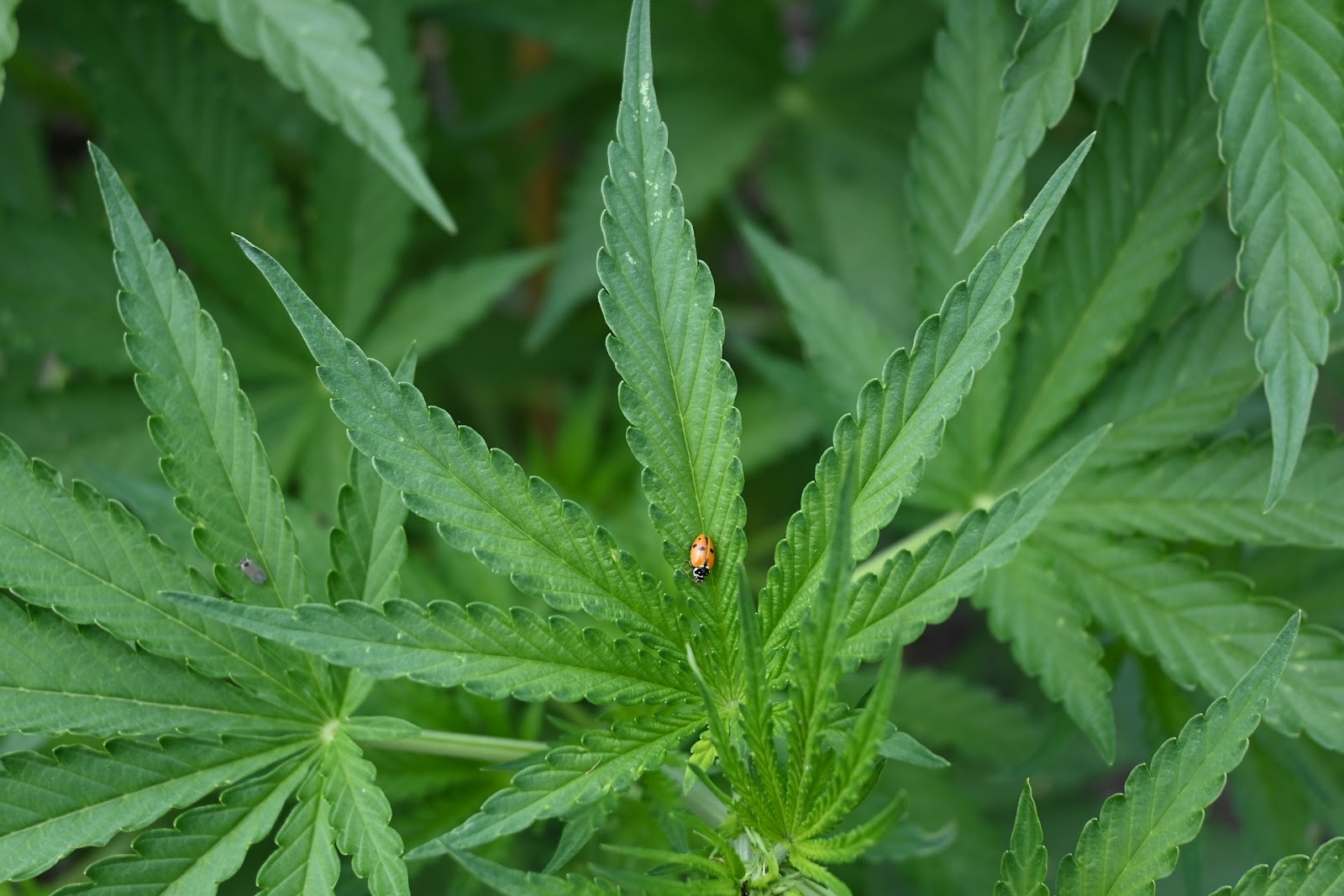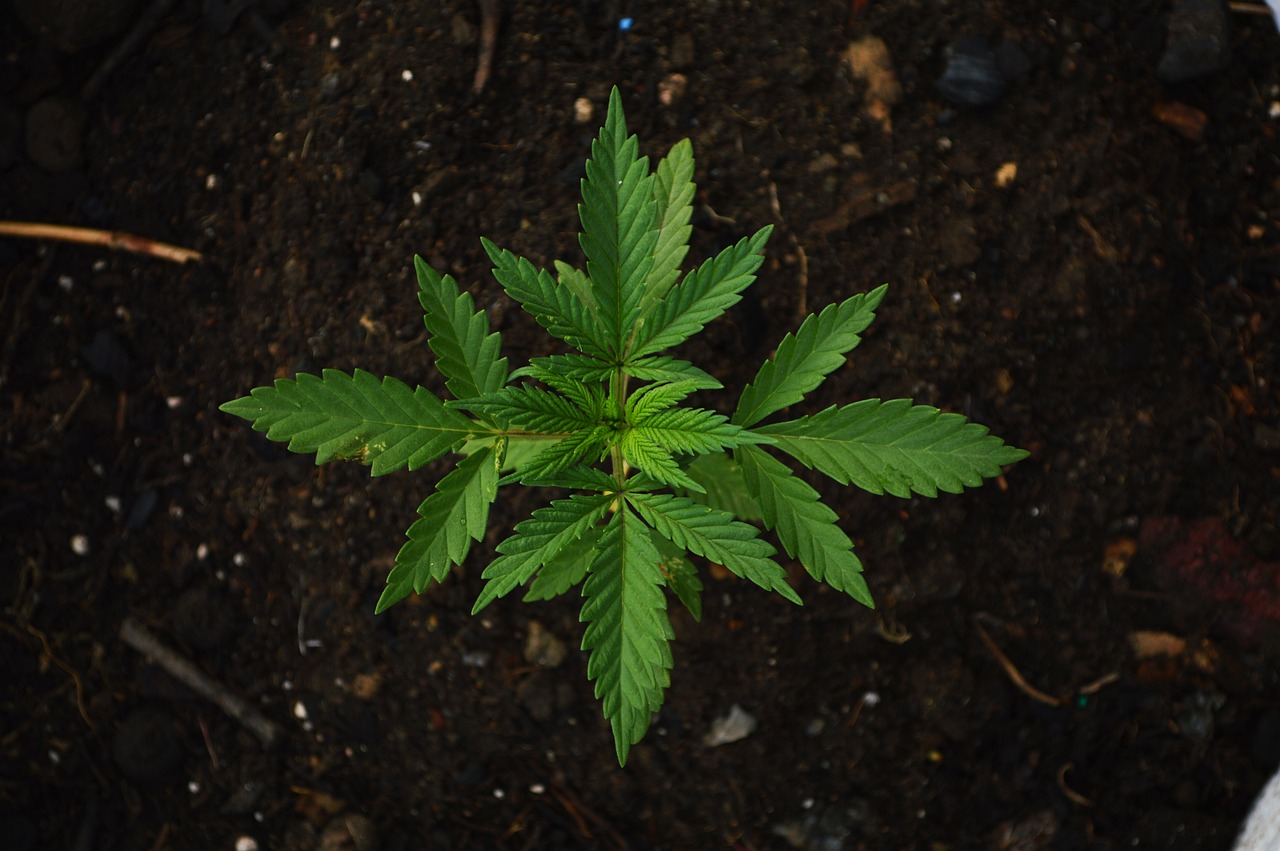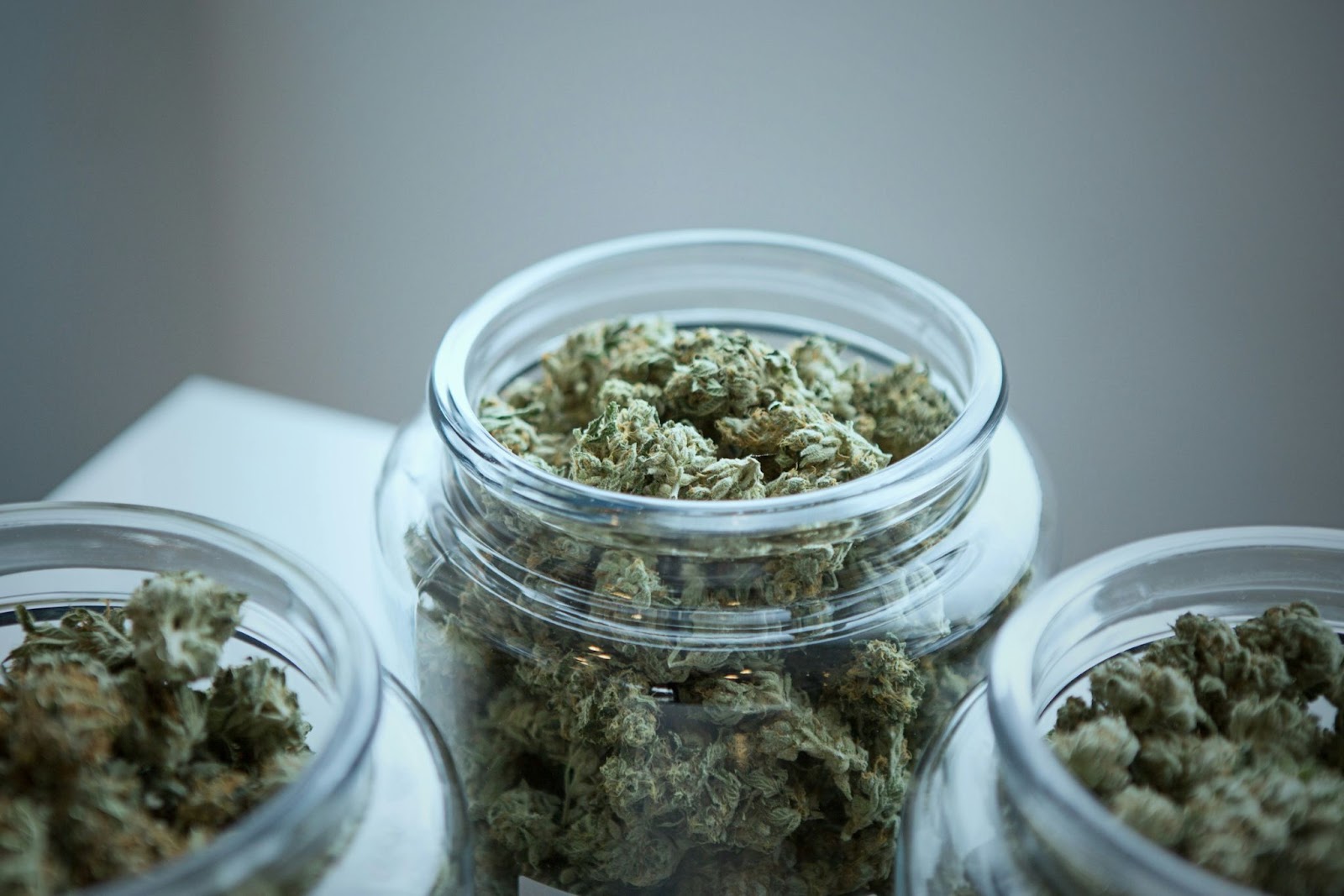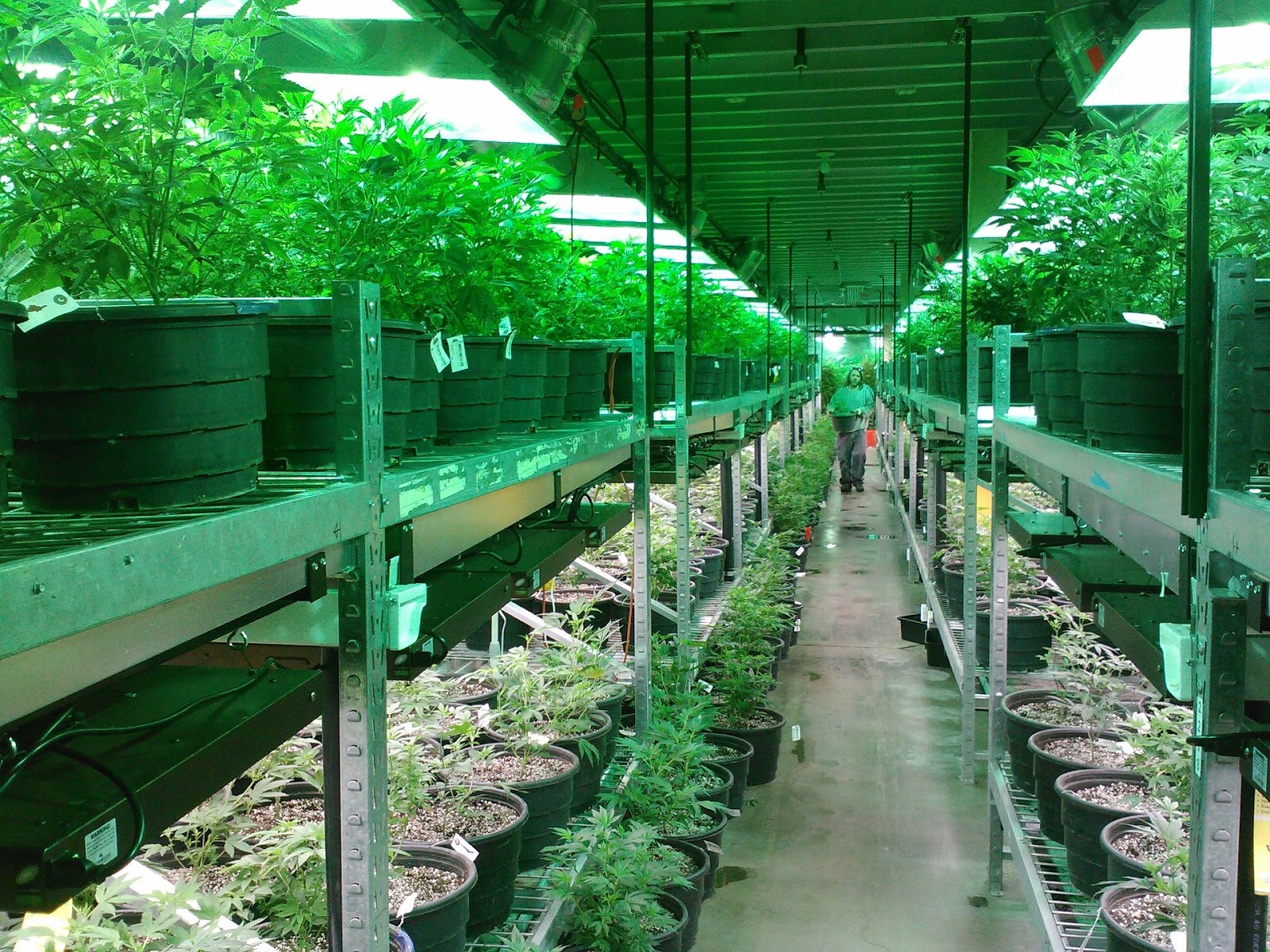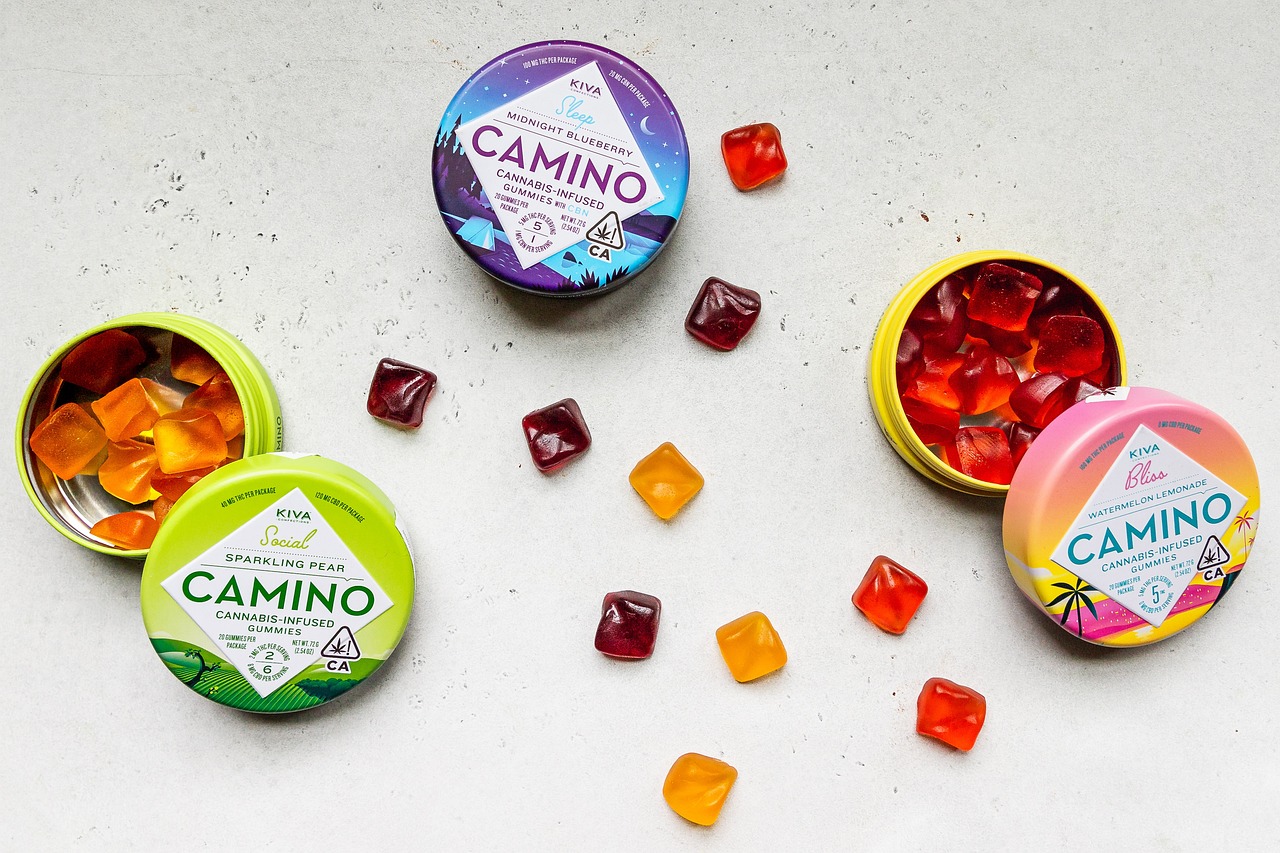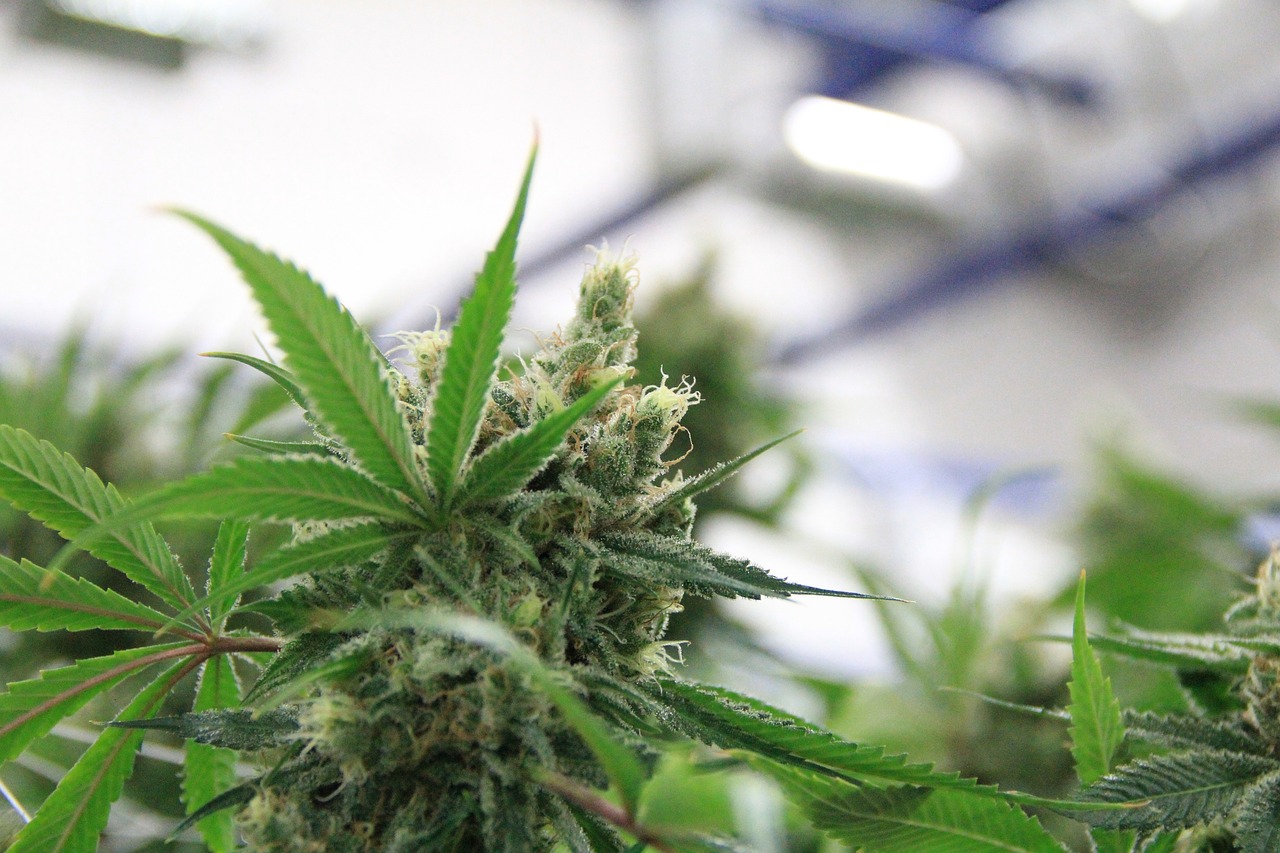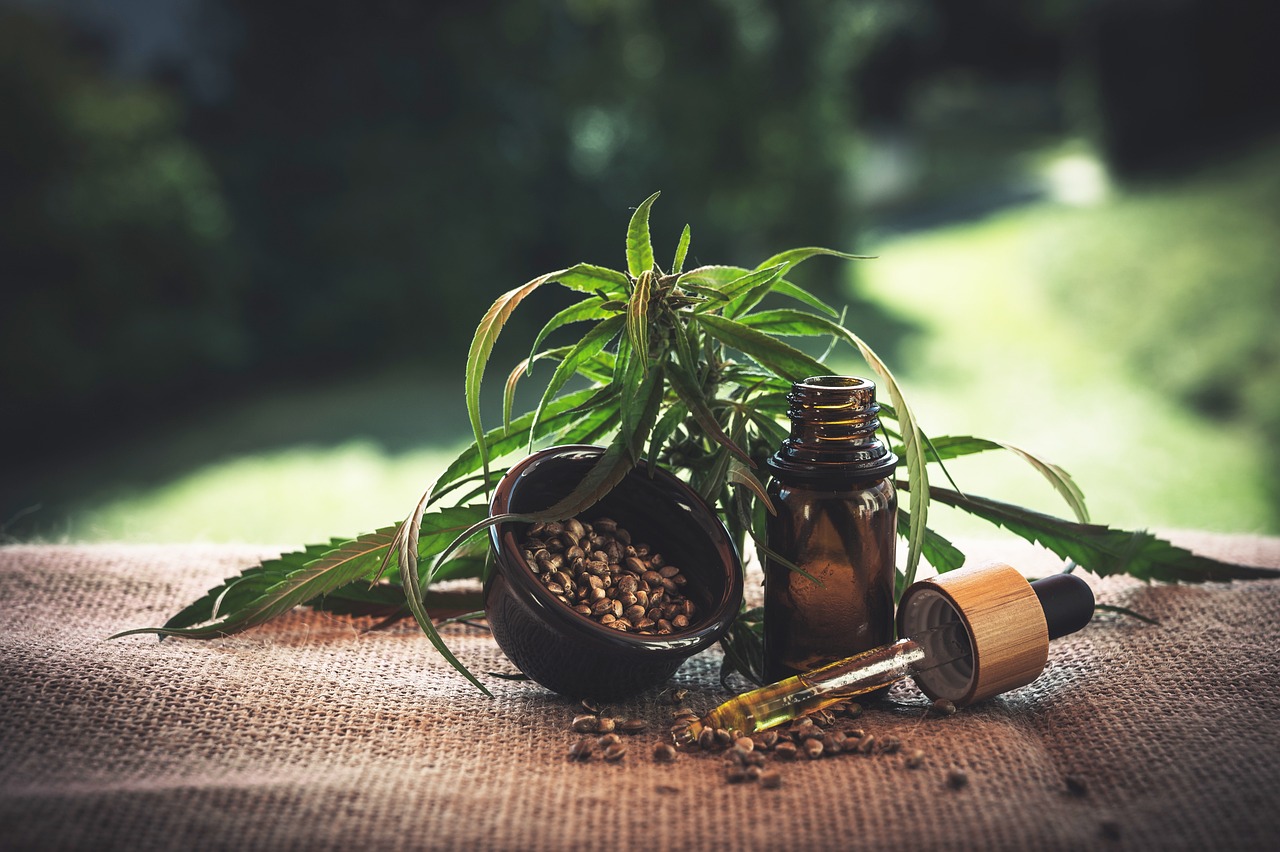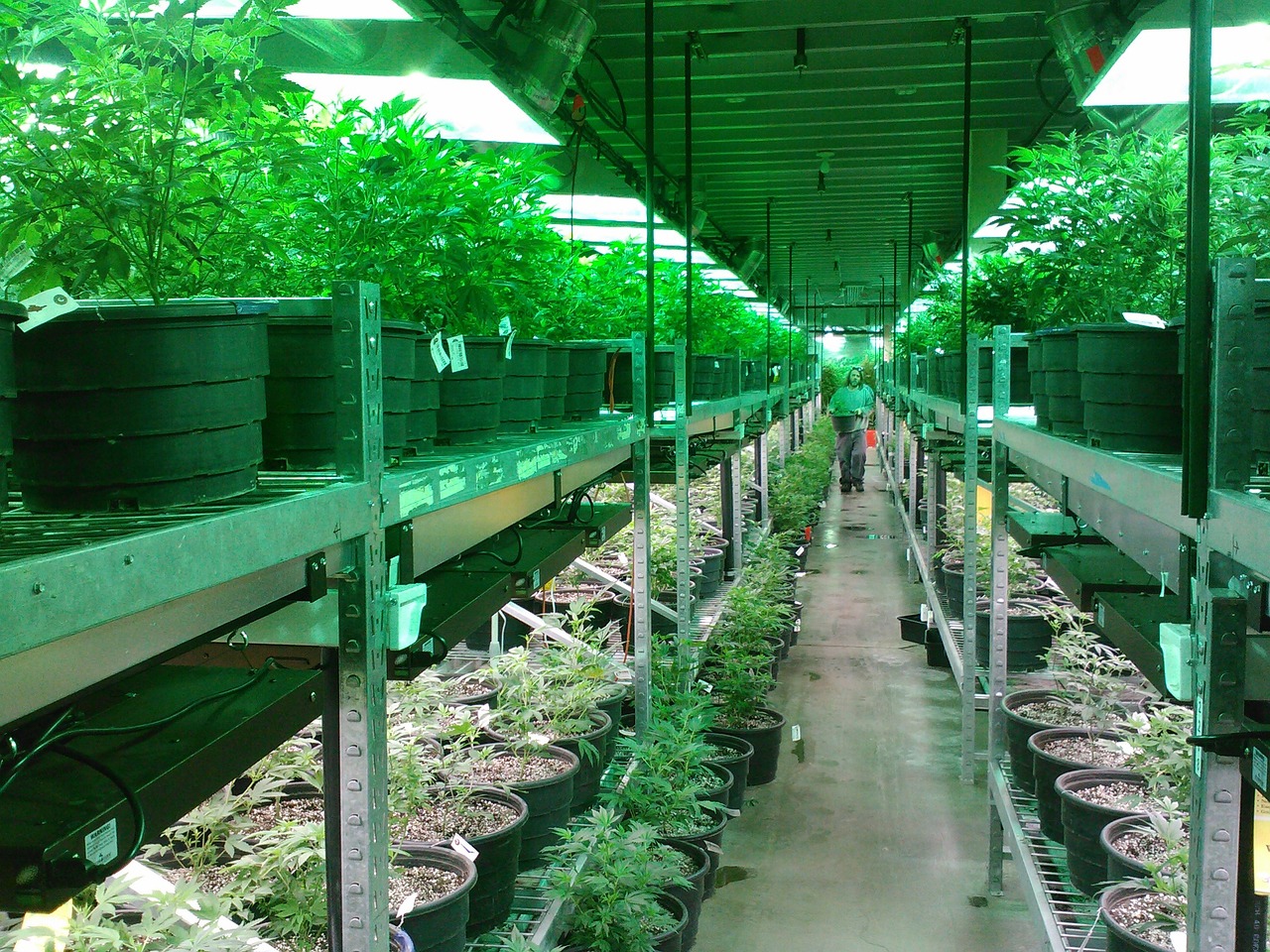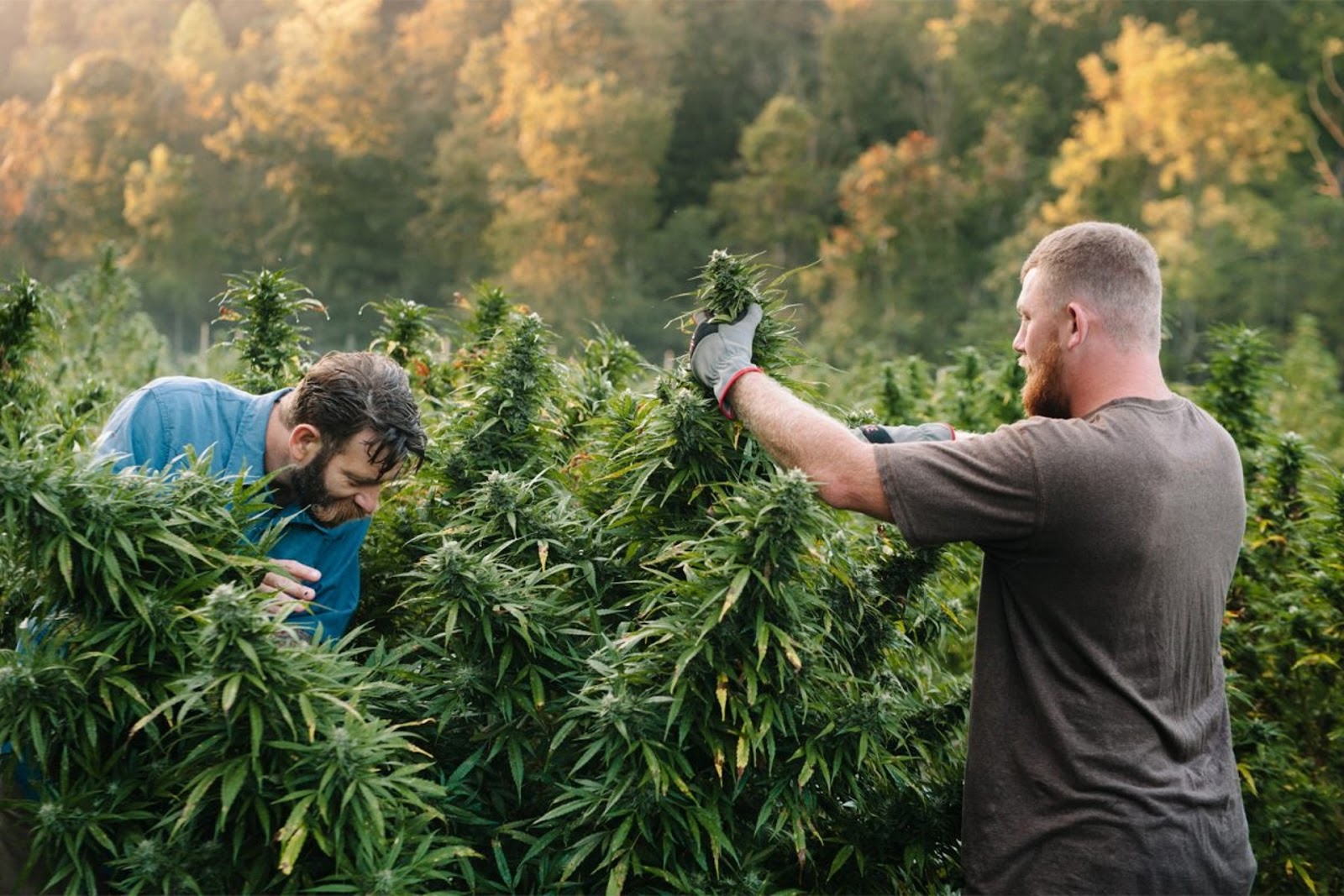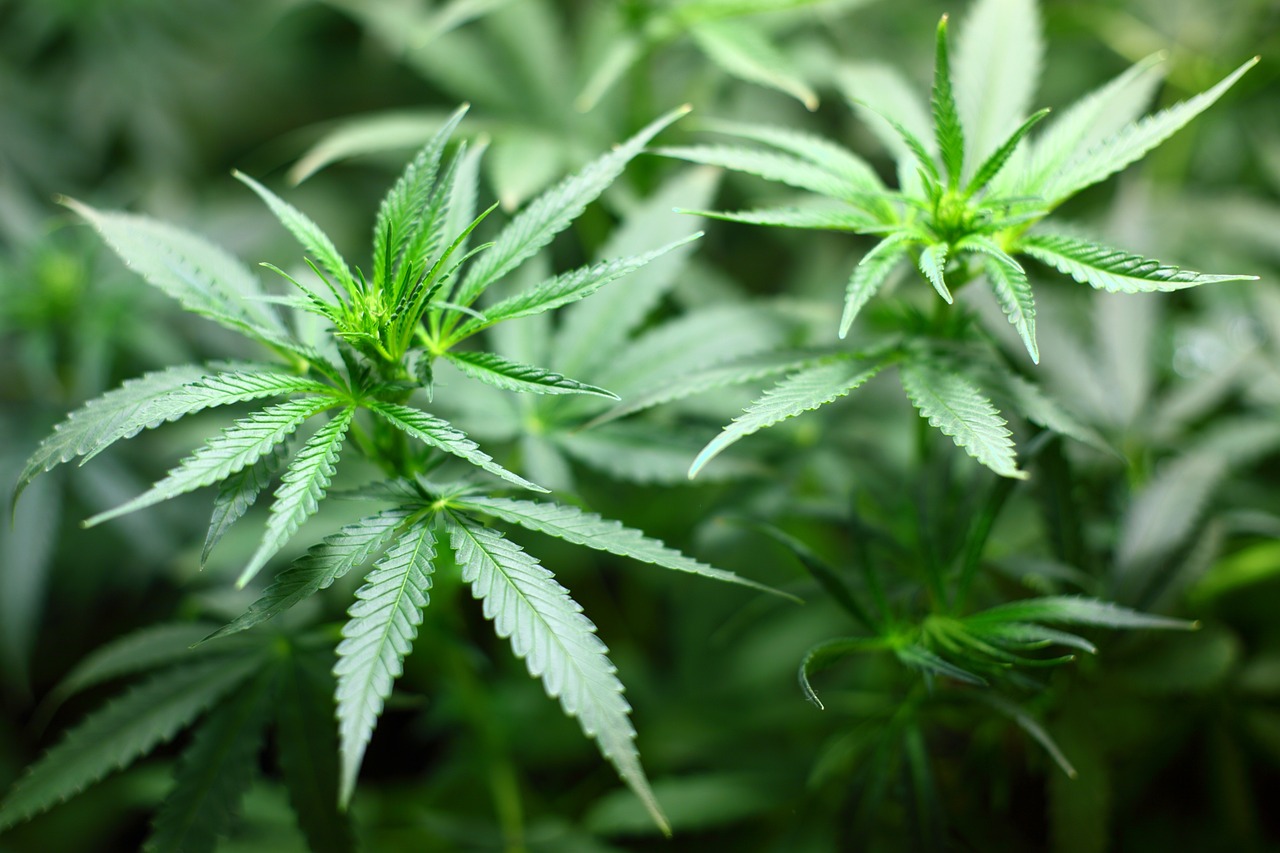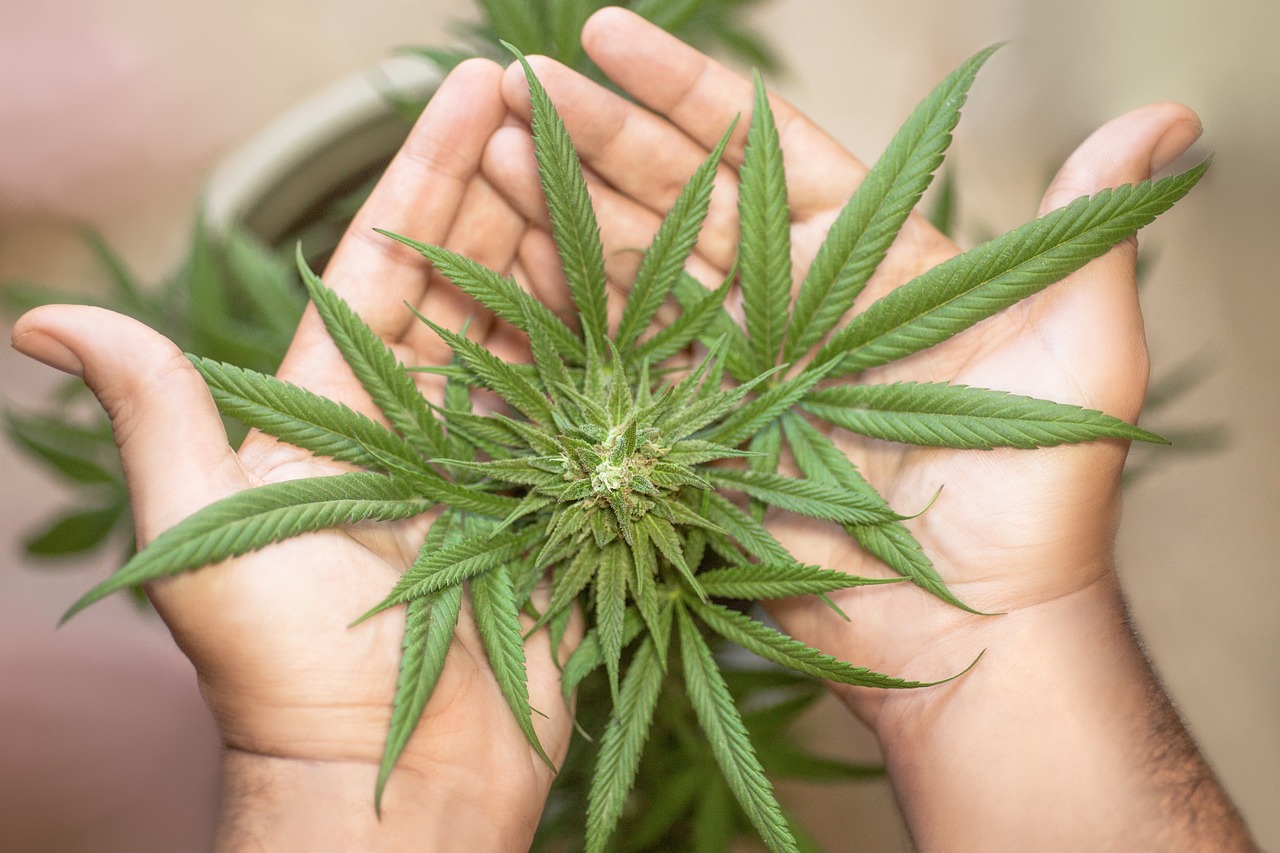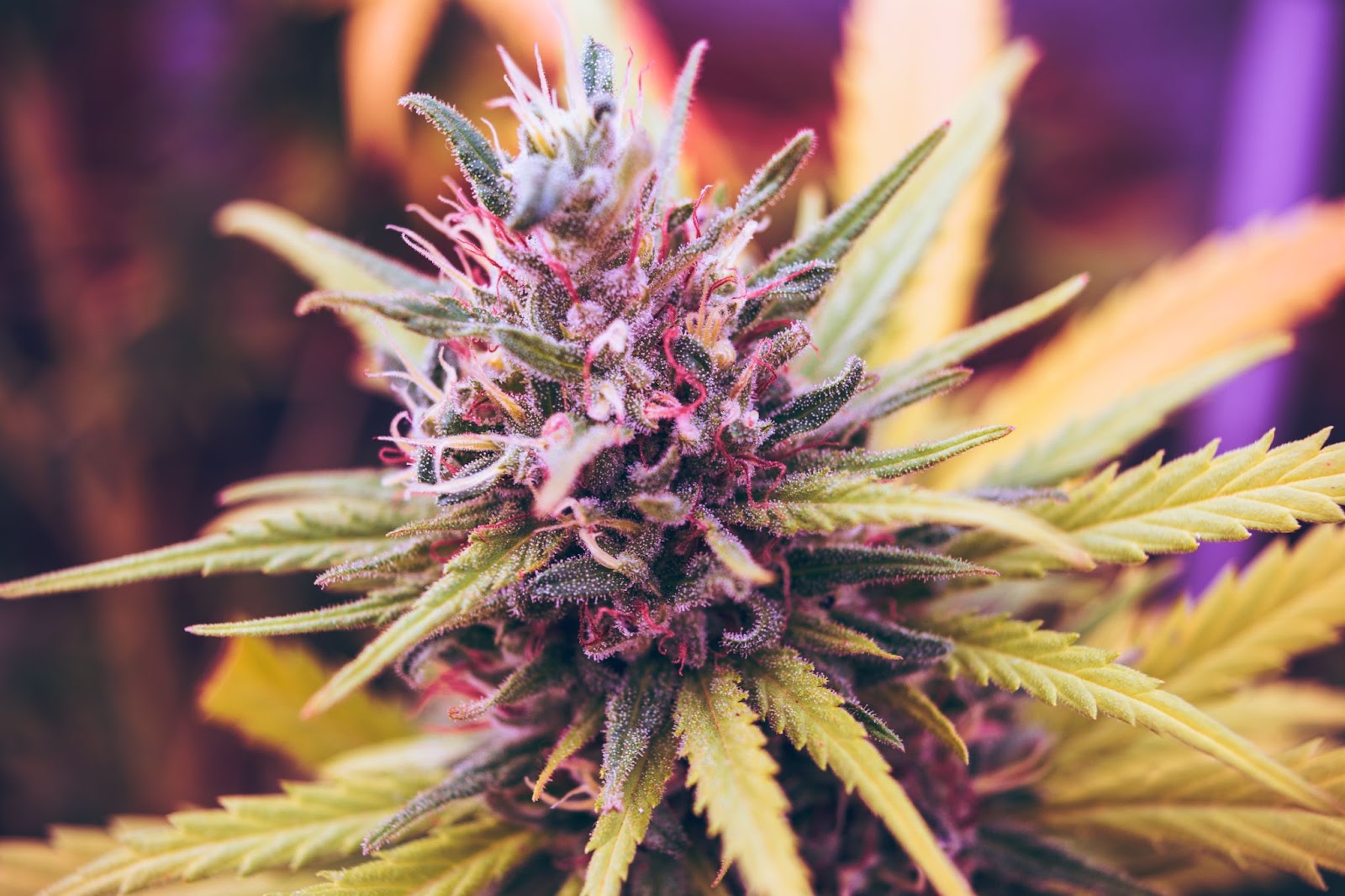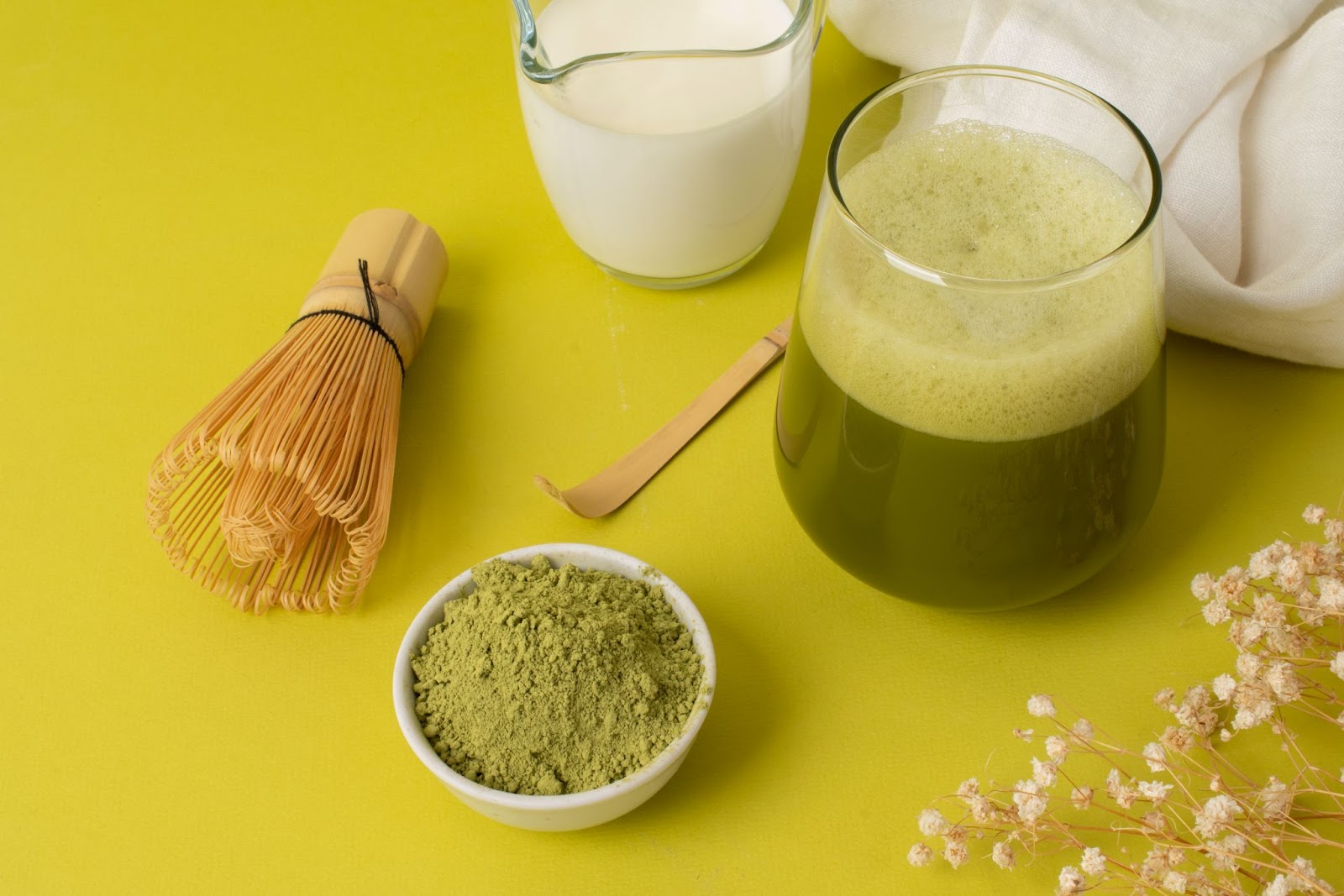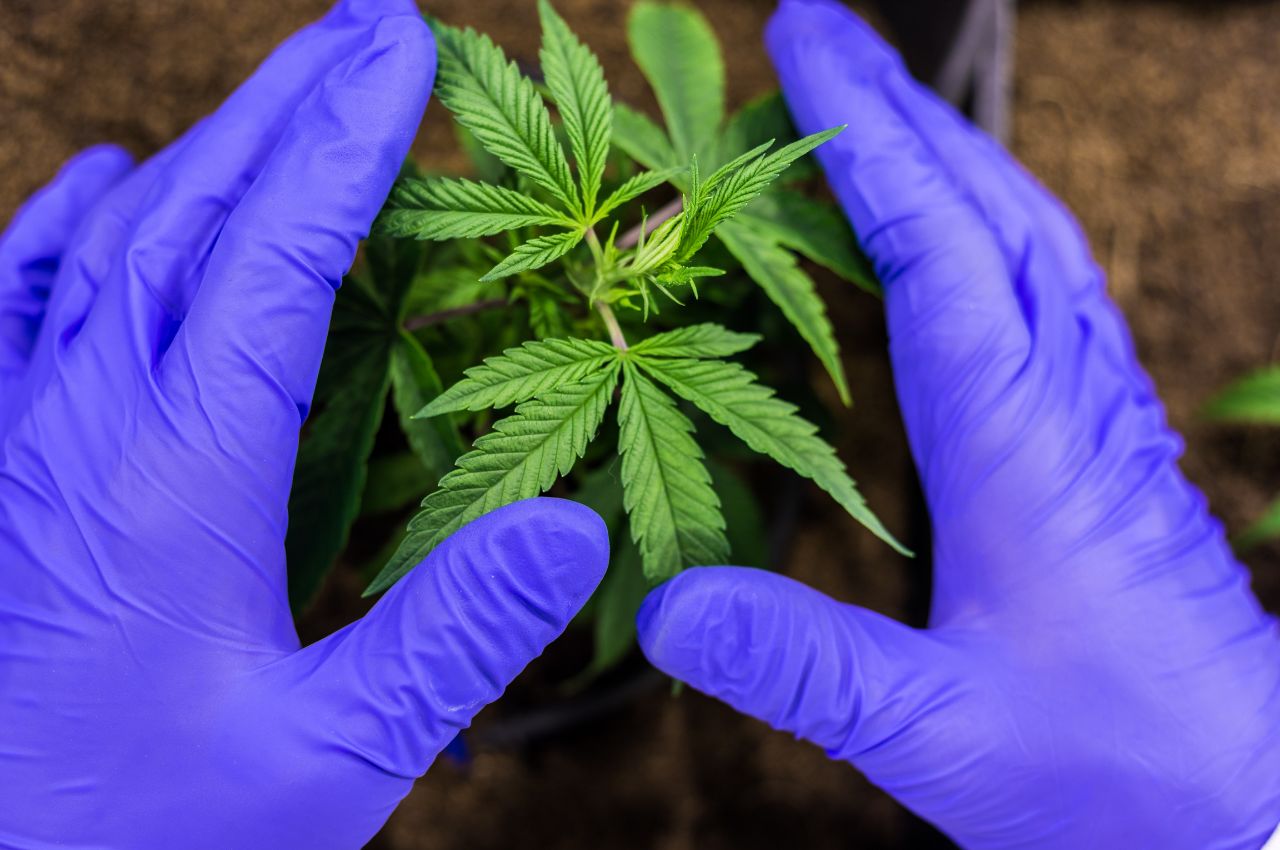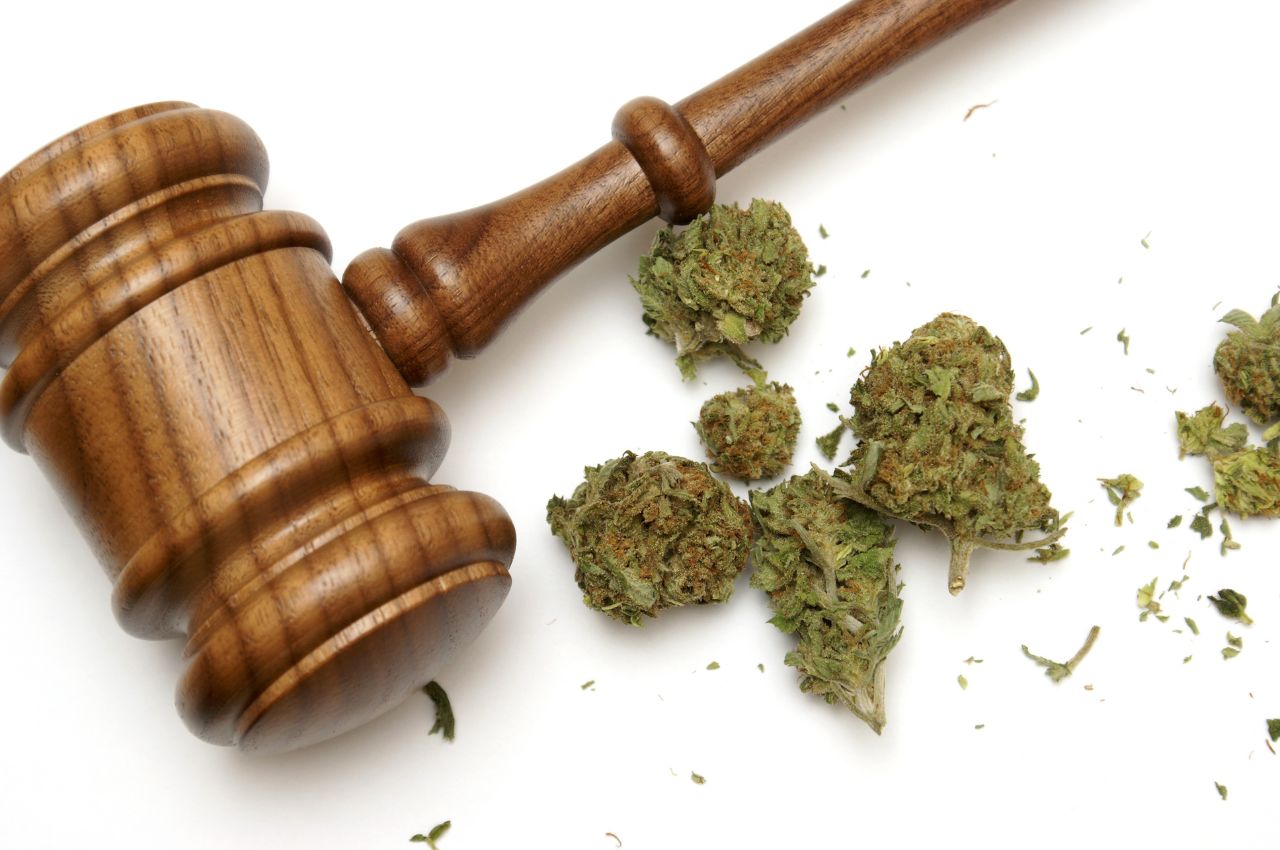A recent study—whose findings indicated that using both cannabis and nicotine during pregnancy was linked with a higher risk of maternal and neonatal morbidity—was published in JAMA Network Open.
The study, which examined data on pregnant individuals with singleton gestations and gestational ages of 23 to 42 weeks from the California Department of Health Care Access and Information and the California Department of Public Health, concluded that the morbidity rates were higher compared to using just one substance. This included infant and neonatal death rates, infants small for gestational age, and preterm births.
Jamie Lo, M.D., M.C.R., and the study’s corresponding author stated, “The most compelling aspect of this study was the increased rate of infant death with co-use, which was four times higher in users of cannabis and nicotine combined compared with nonusers, and nearly two times higher compared with users of either cannabis or nicotine alone.”
Lo went on to add that this information helps inform patient counseling where patients would ideally abstain from cannabis and nicotine during pregnancy and that avoiding the use of the substances can greatly reduce pregnancy risks that are seen when nicotine and cannabis are used together.
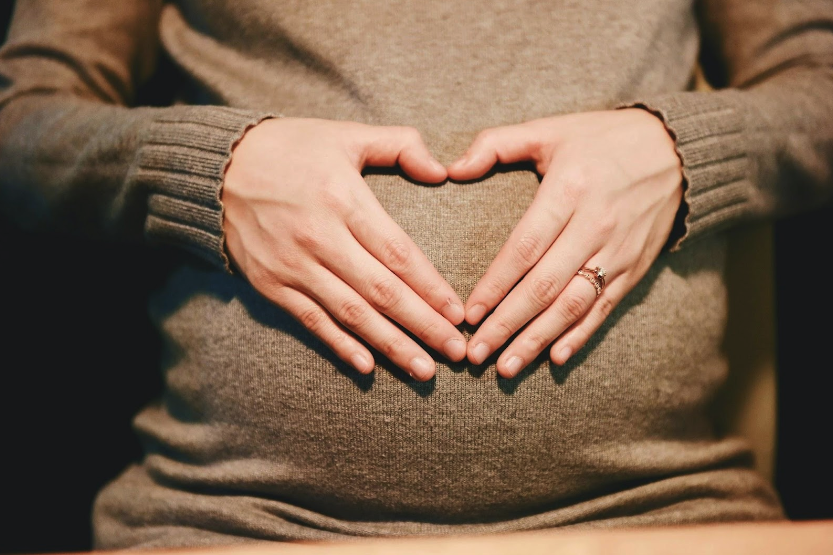
The National Institute on Drug Abuse states that cannabis is associated with diminished fetal neurological function and that one study found nicotine affects how the placenta functions, which can ultimately affect how the fetus receives proper nutrition and oxygen in utero.
“While addiction knows no boundaries, and substance use covers a myriad of items,” Dr. Lea McMahon, the chief clinical officer at Symetria Recovery, said, “a common patient concern is the use of marijuana and nicotine while expecting,”
Experts agree that it is best to steer clear of both nicotine and marijuana while one is pregnant.
Dr. McMahon also went on to state that, for patients suffering from substance abuse disorders, it is important to concentrate on continued sobriety. McMahon further added that the medical community finds that neither nicotine nor marijuana is good during pregnancy, and encourages any patient, whether they are pregnant or not, to seek treatment for their potential substance abuse disorders while pursuing sobriety and a better quality of life.
Pamela Berens, MD, professor and OBGYN at UTHealth Houston, has stated that just because cannabis may be legal in some states does not make it safe for use during pregnancy. She was quoted as saying: “We don’t have sufficient research to know the full implications of cannabis use during pregnancy and lactation. This study highlights some of the safety concerns and the need to better support people to assist them with decreasing their use prior to and during pregnancy and lactation and quitting altogether if that is a possibility for them.”
While it is strongly advised to stop both cannabis and nicotine use before the start of a pregnancy, attempting to quit any addiction during pregnancy can be dangerous for both the pregnant person and the fetus.
Dr. McMahon explained that nicotine patches “are not a safe method to alleviate addiction” because they “contain a large dose of nicotine and may cause in-utero damage.” She also went on to state that “the best way to discourage cannabis and nicotine use while pregnant is to abstain from both substances and remove the social acceptance that one is ‘better’ than the other. Especially for anyone trying to overcome substance use disorders, behaviors related to cannabis and nicotine consumption should be avoided as a whole.”

